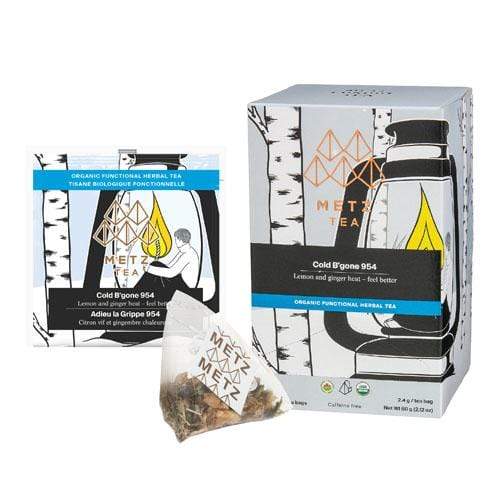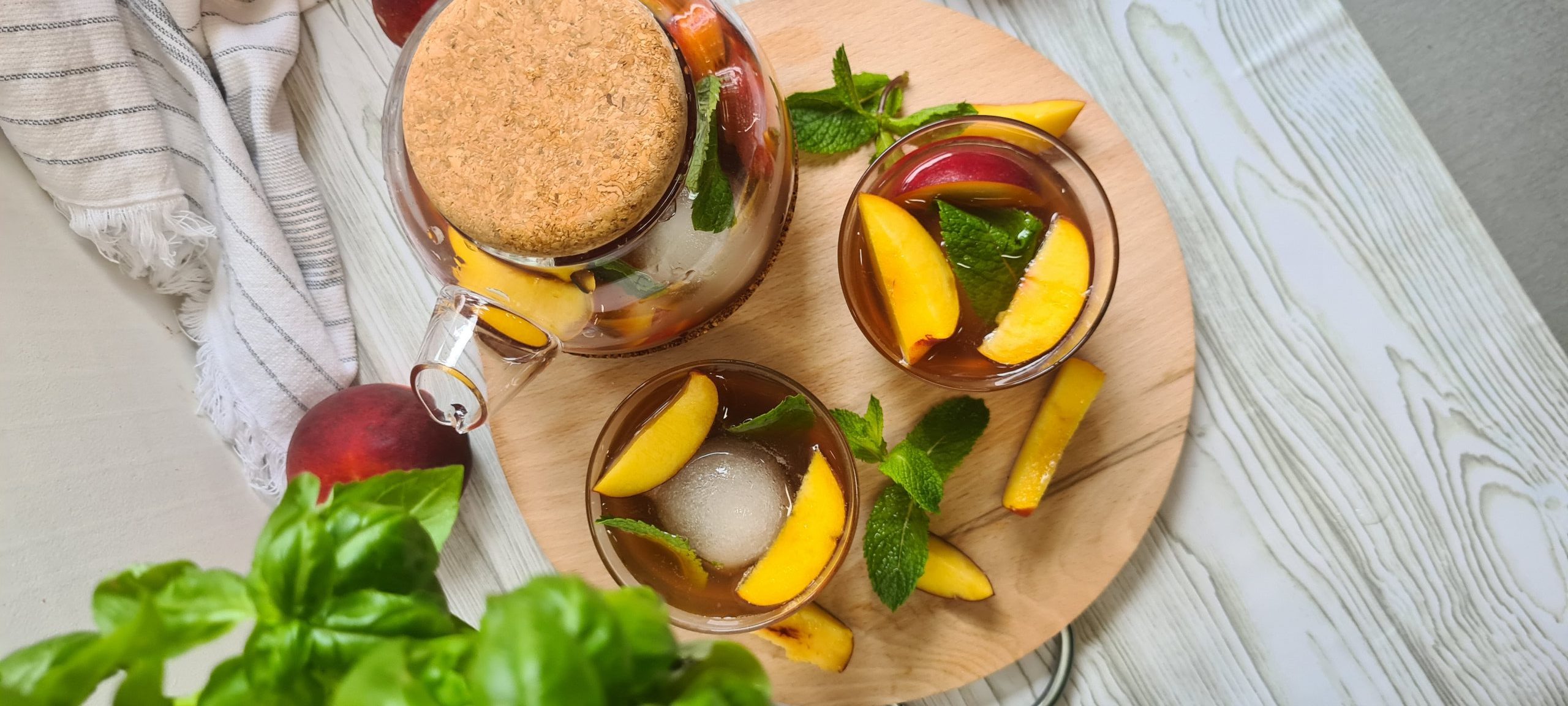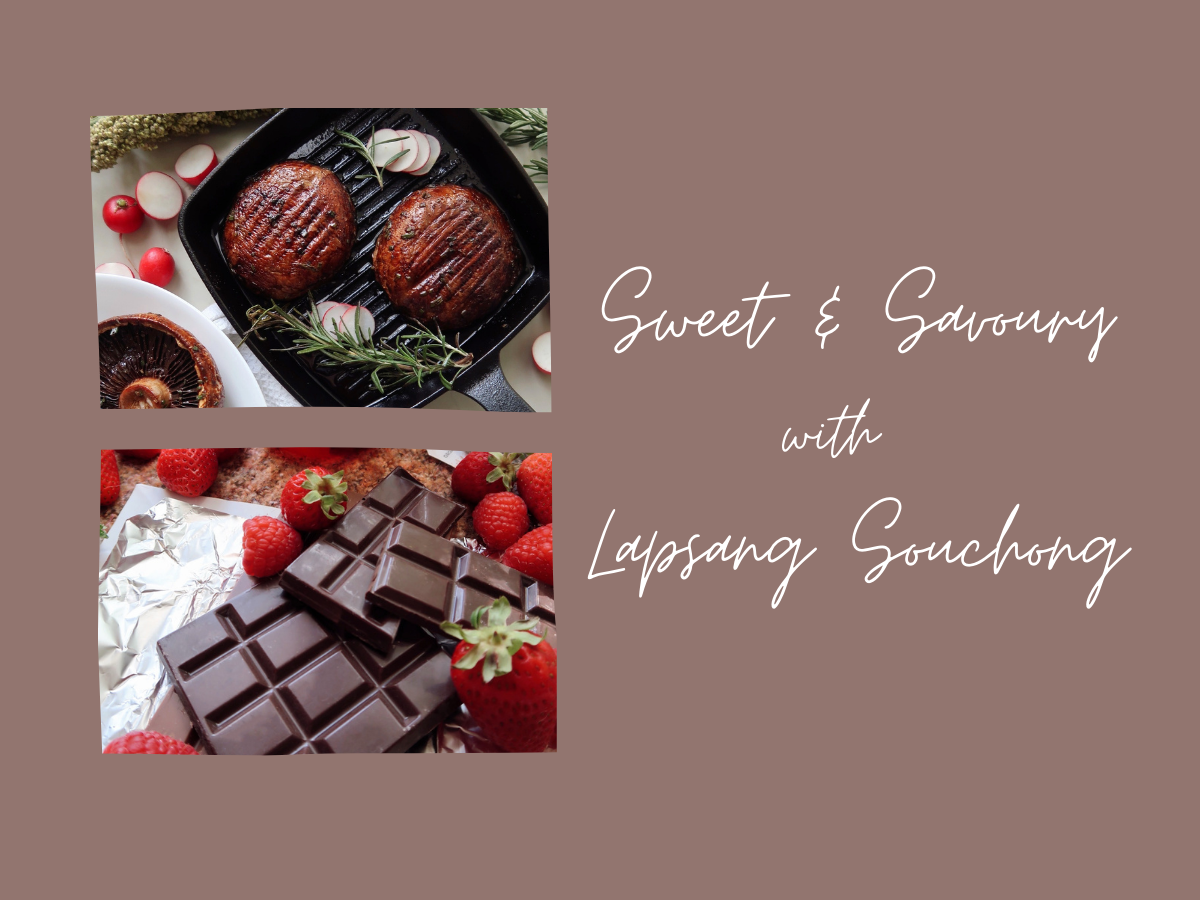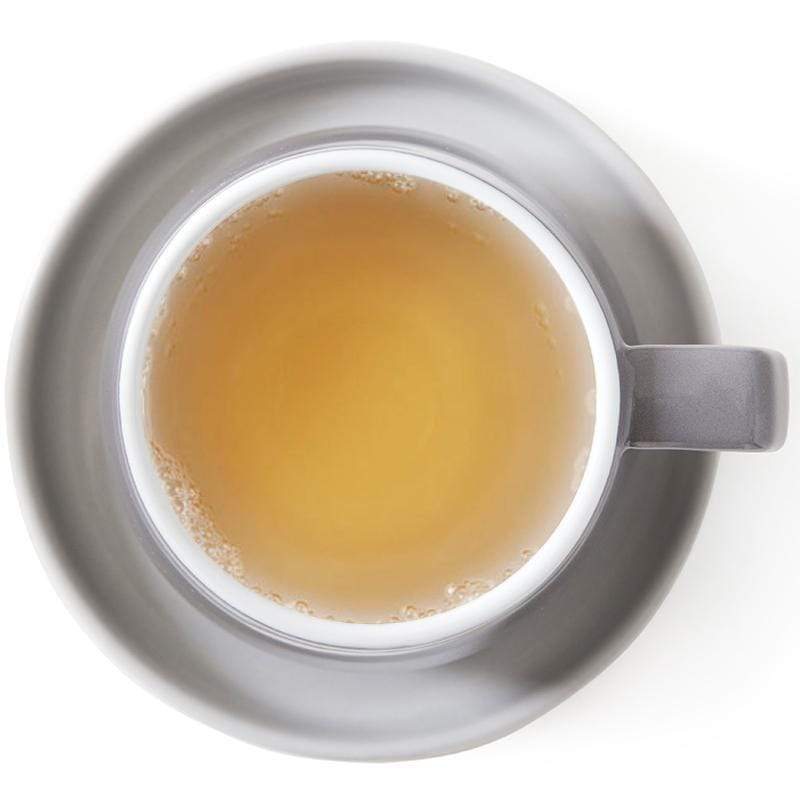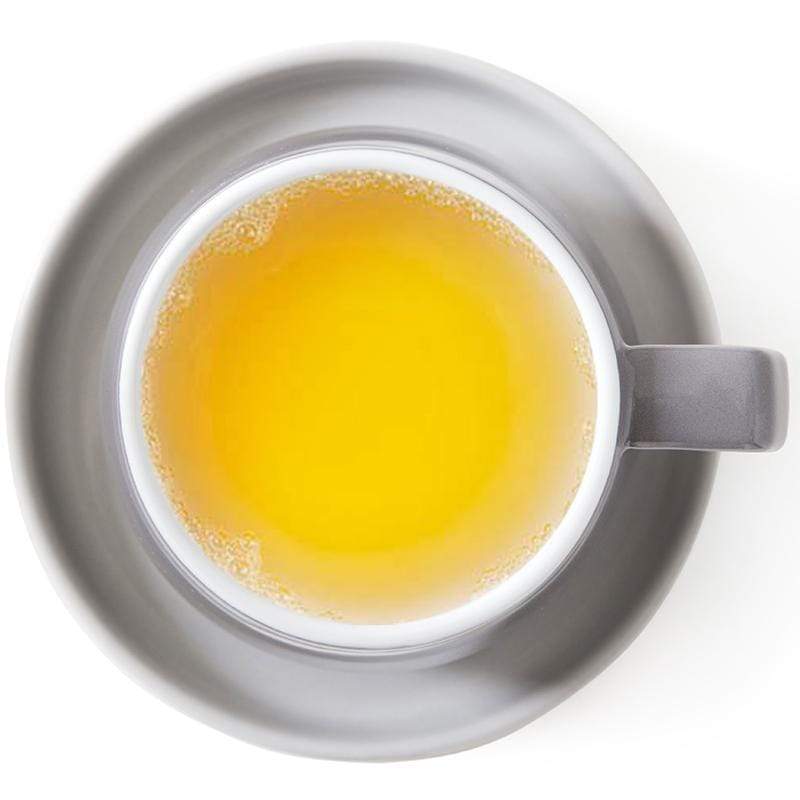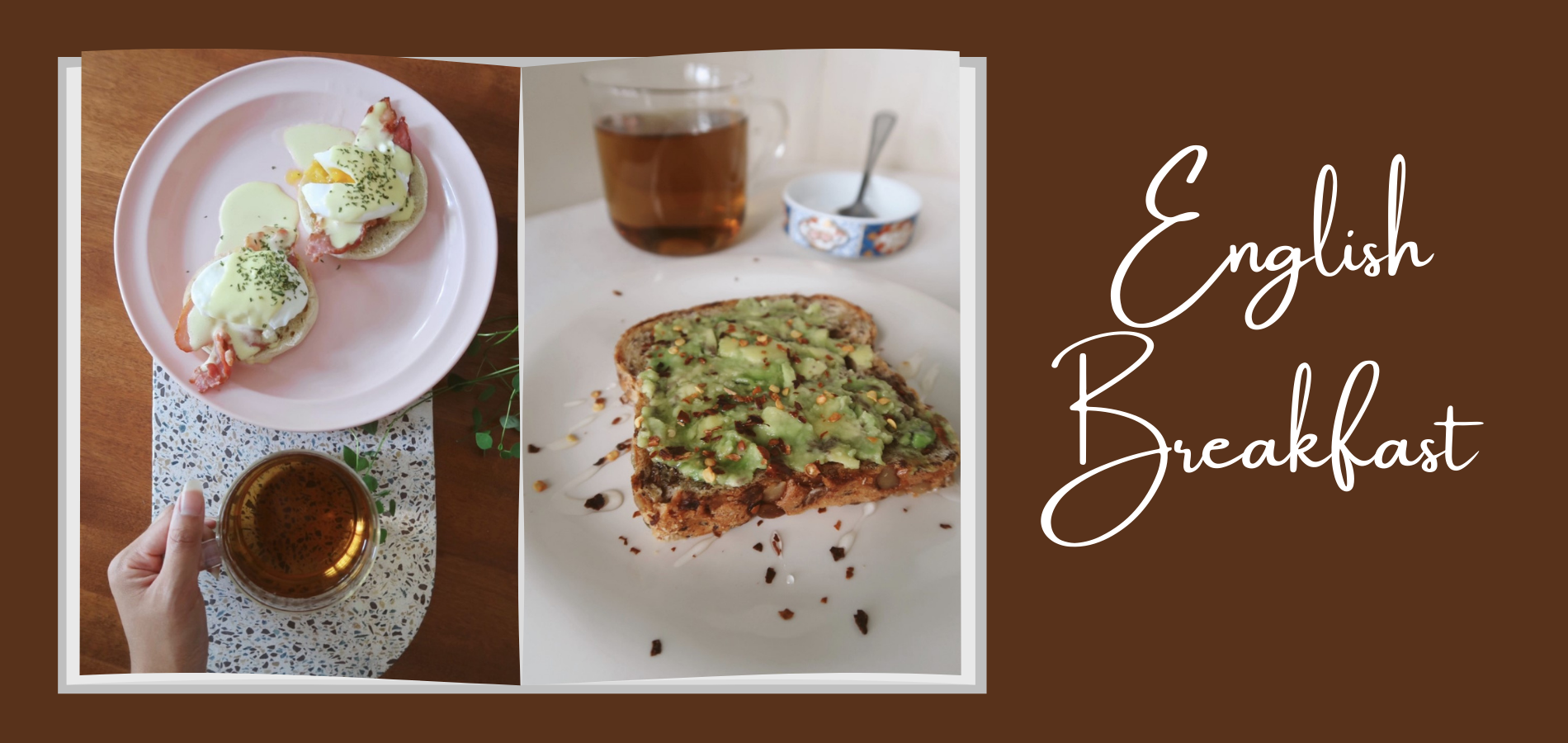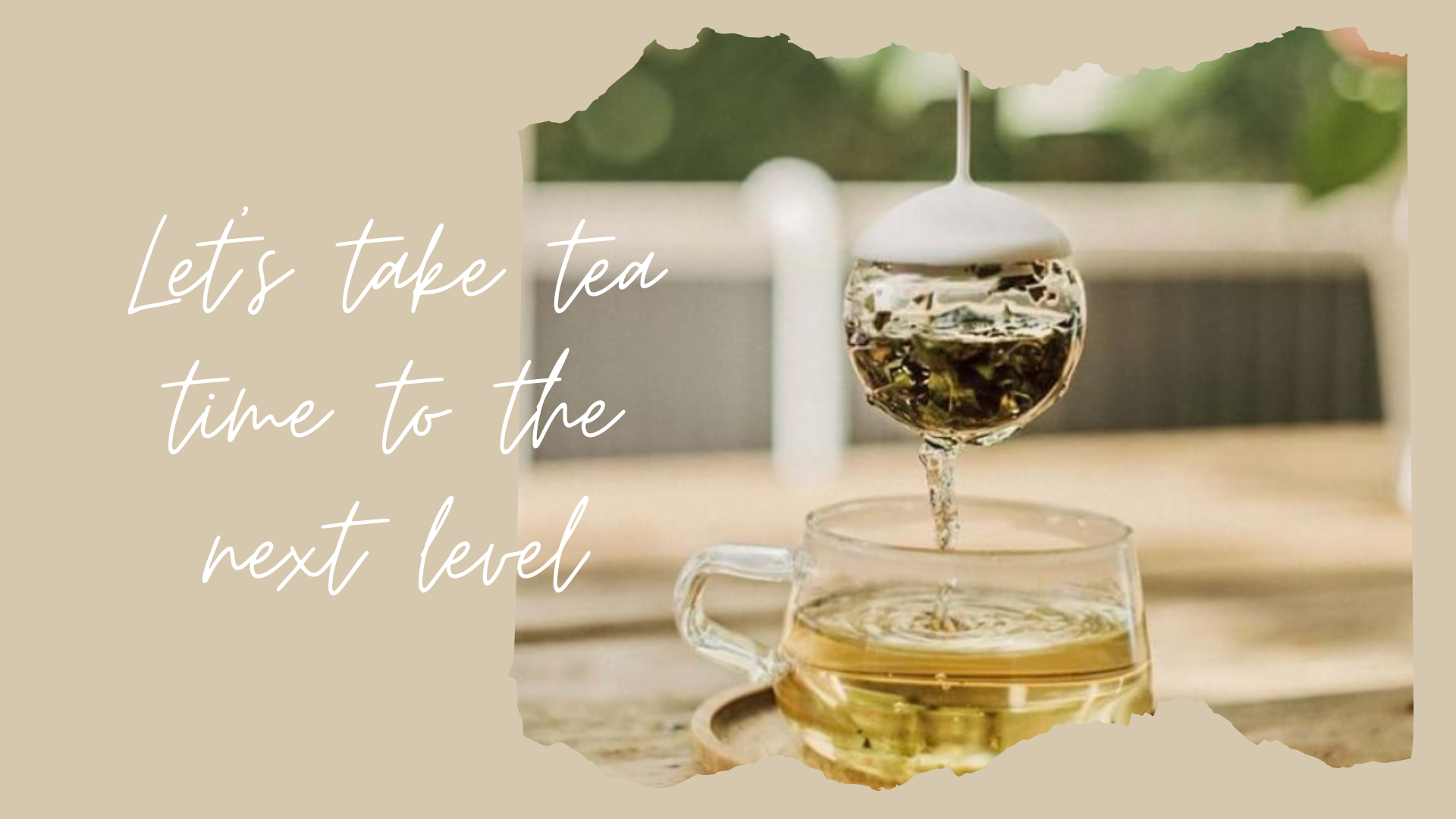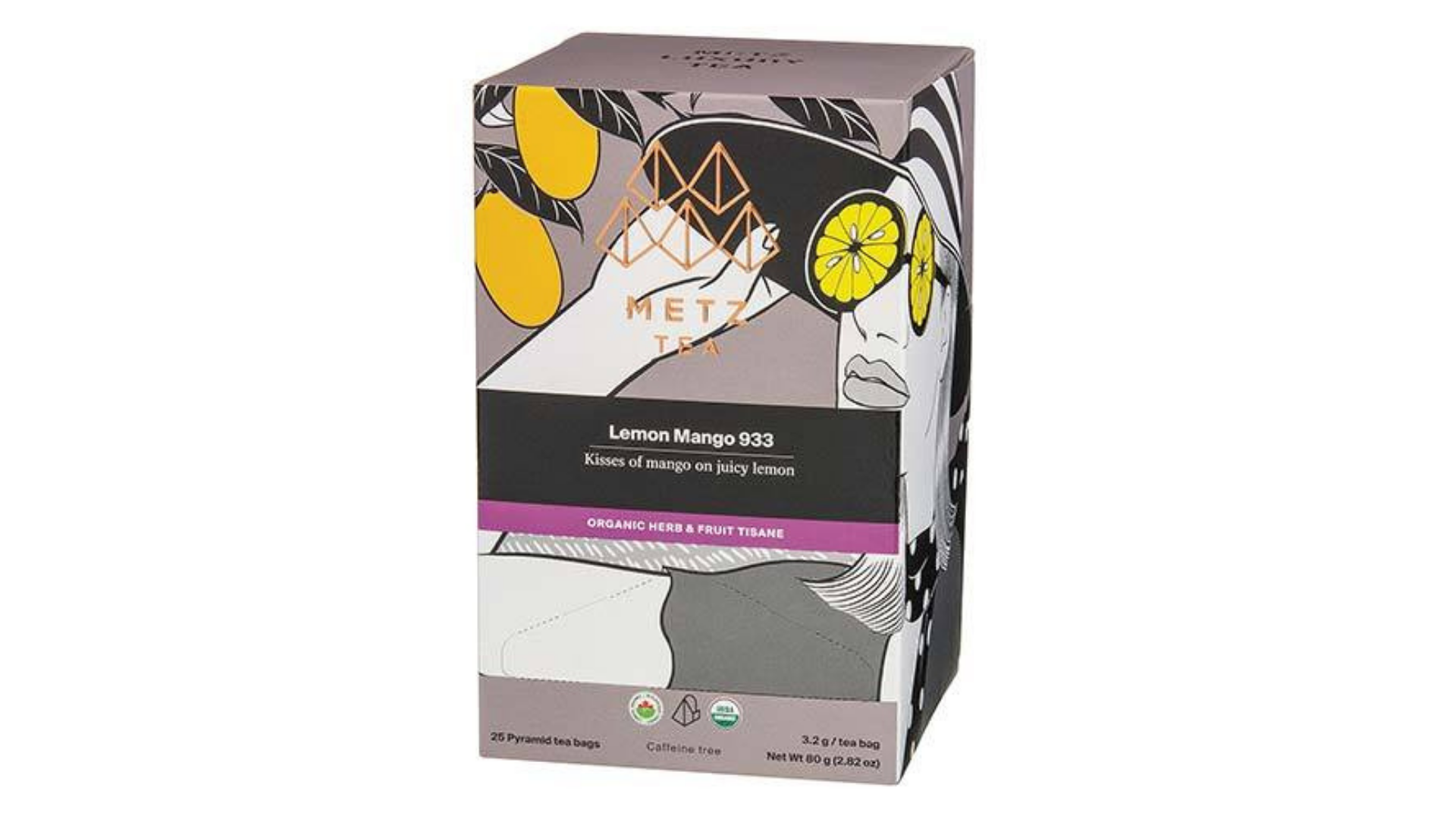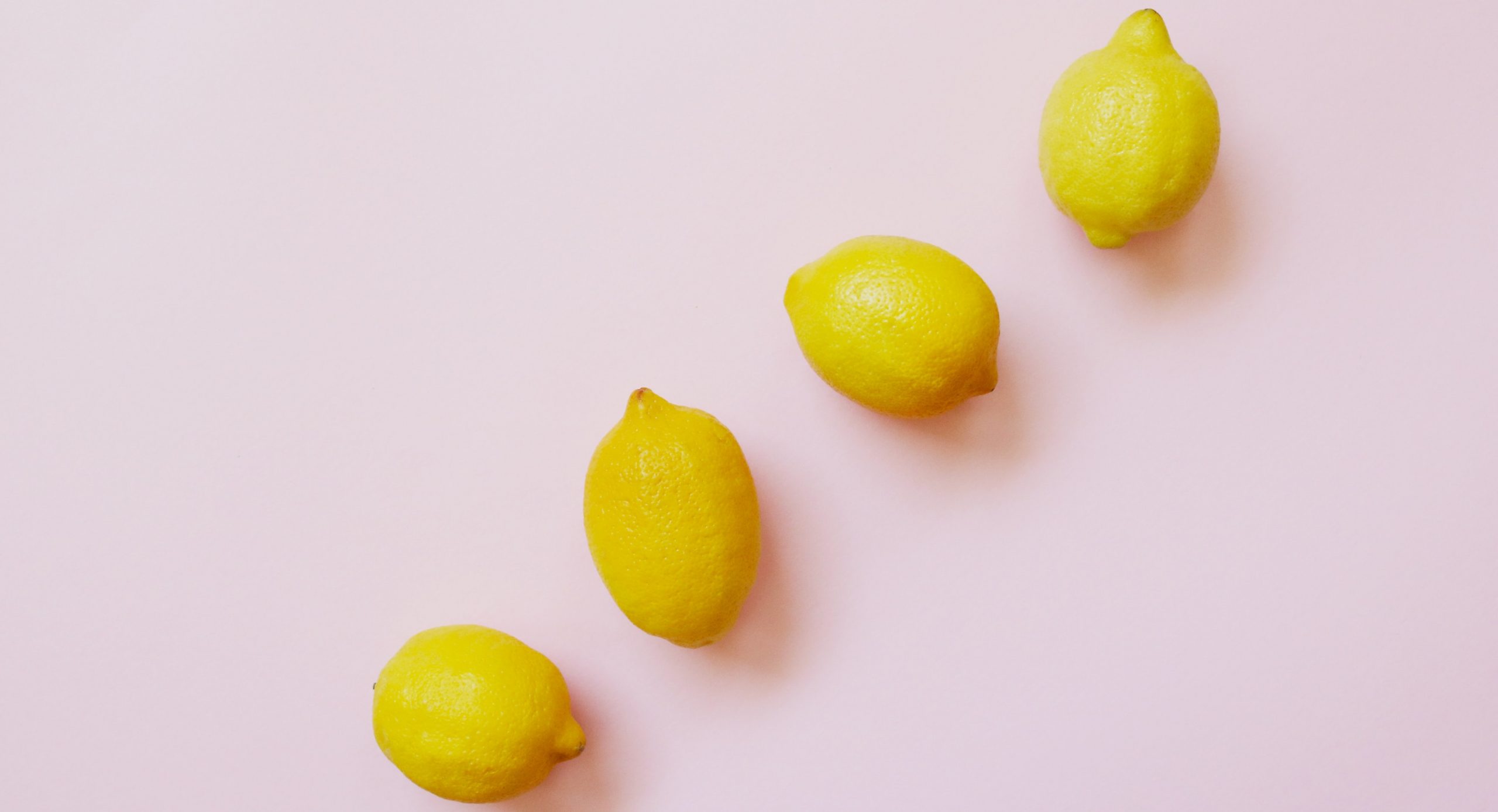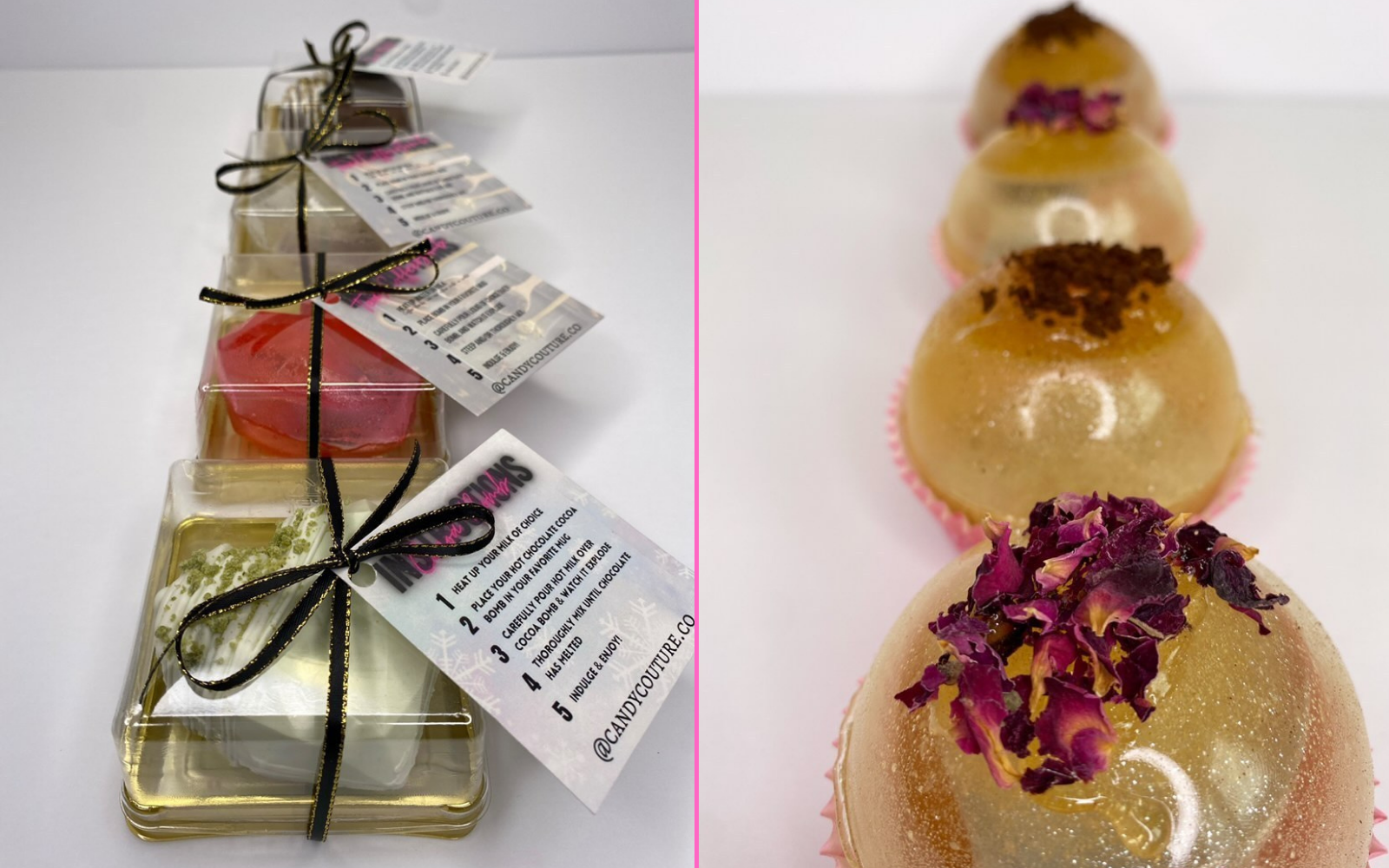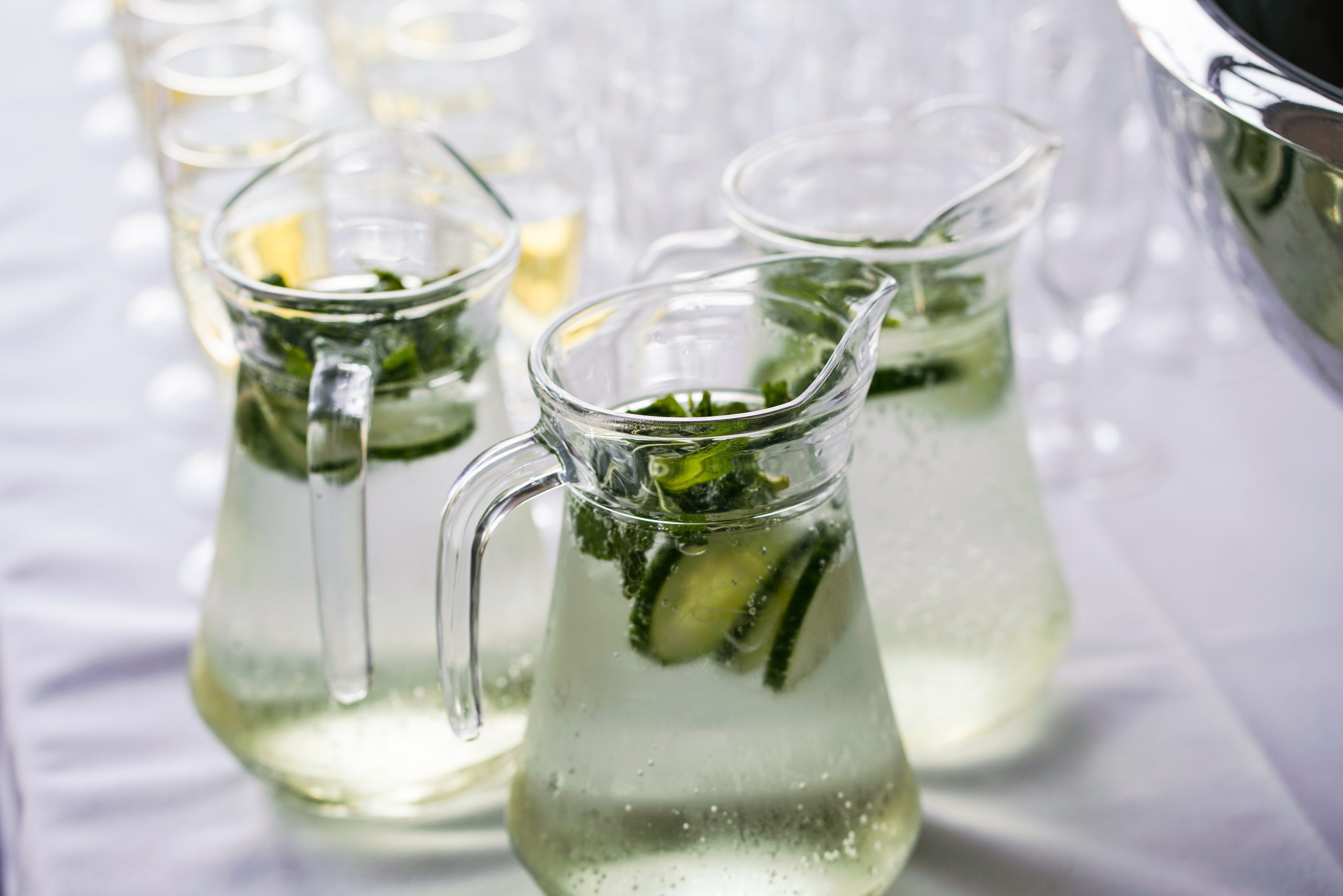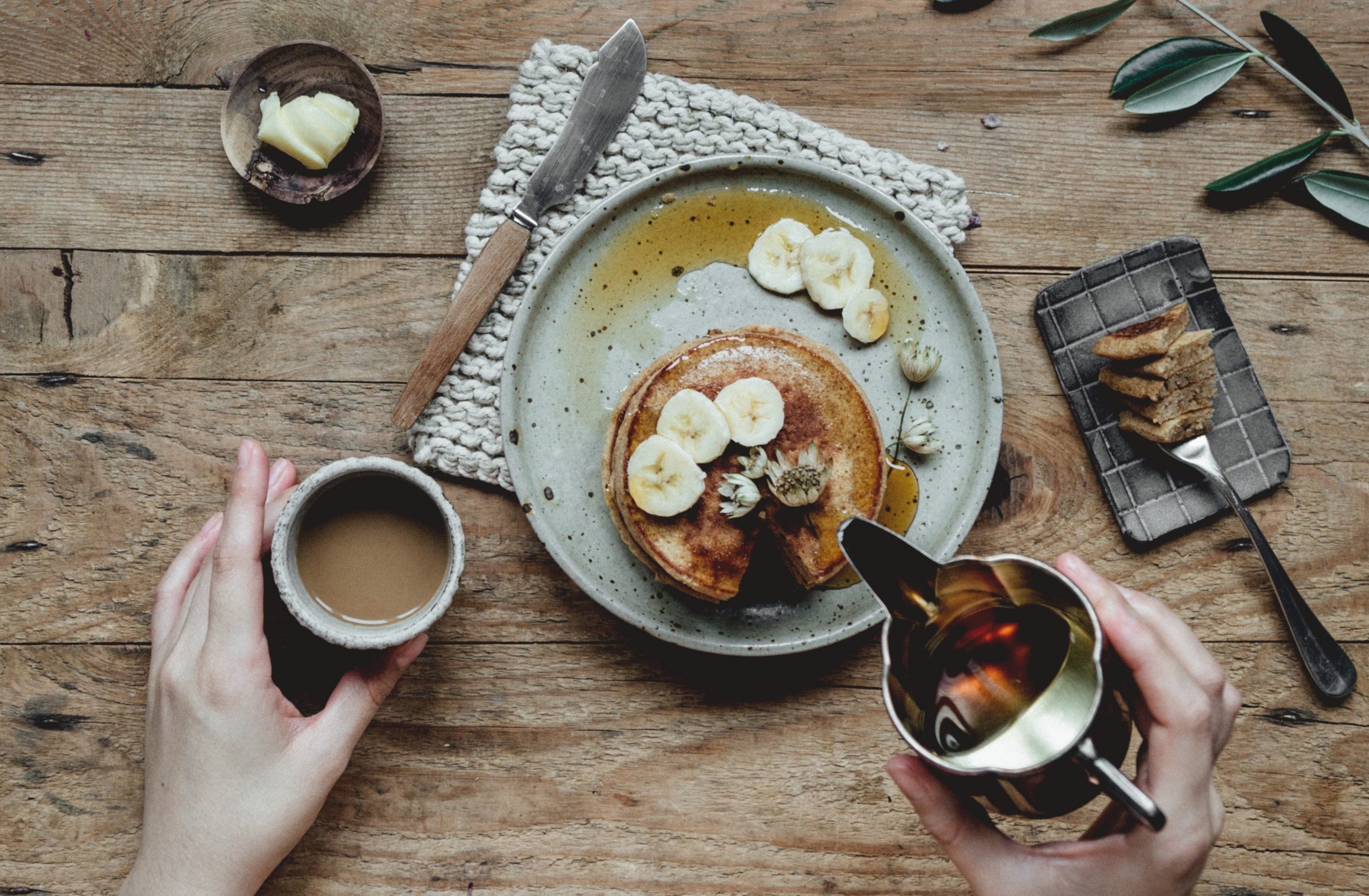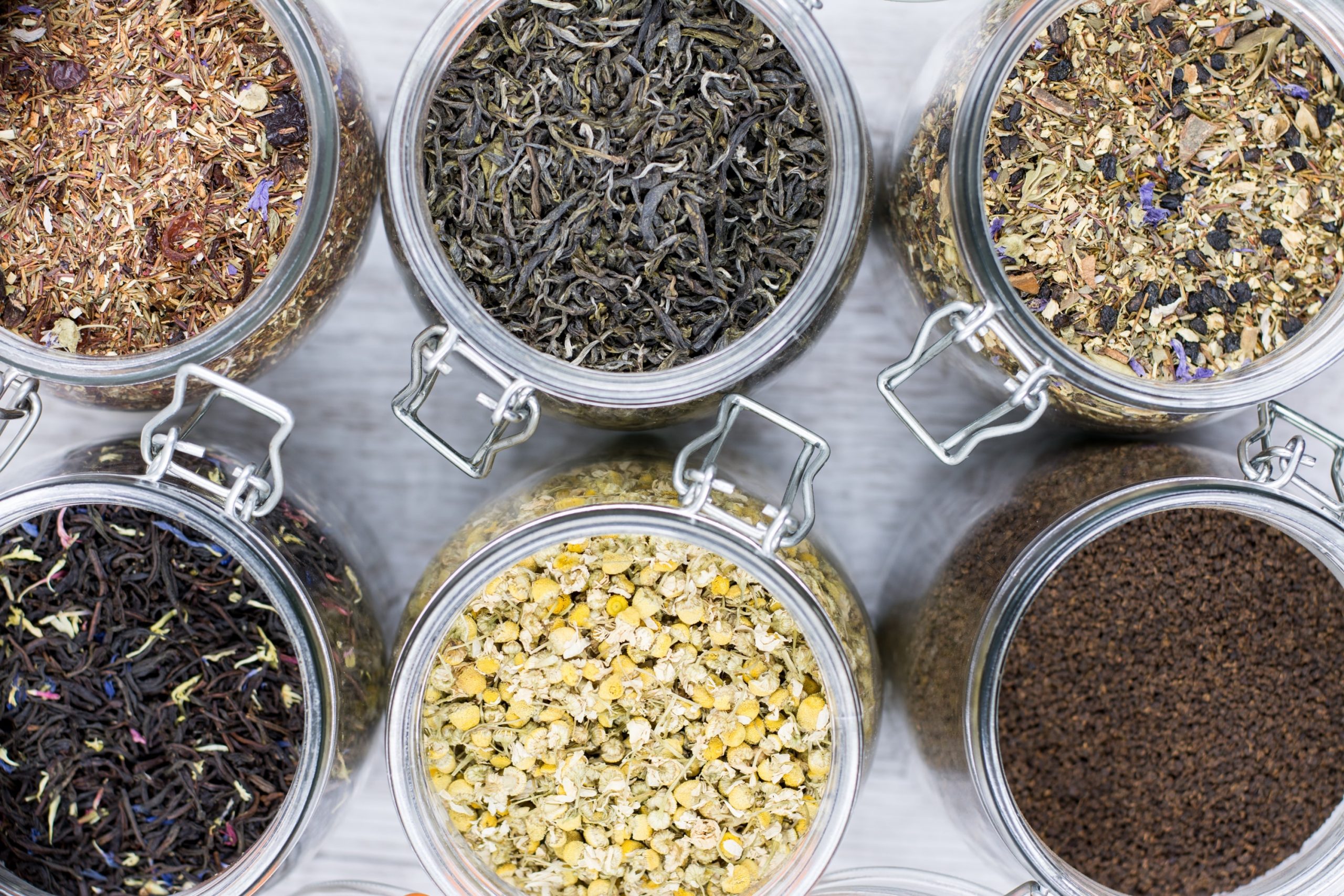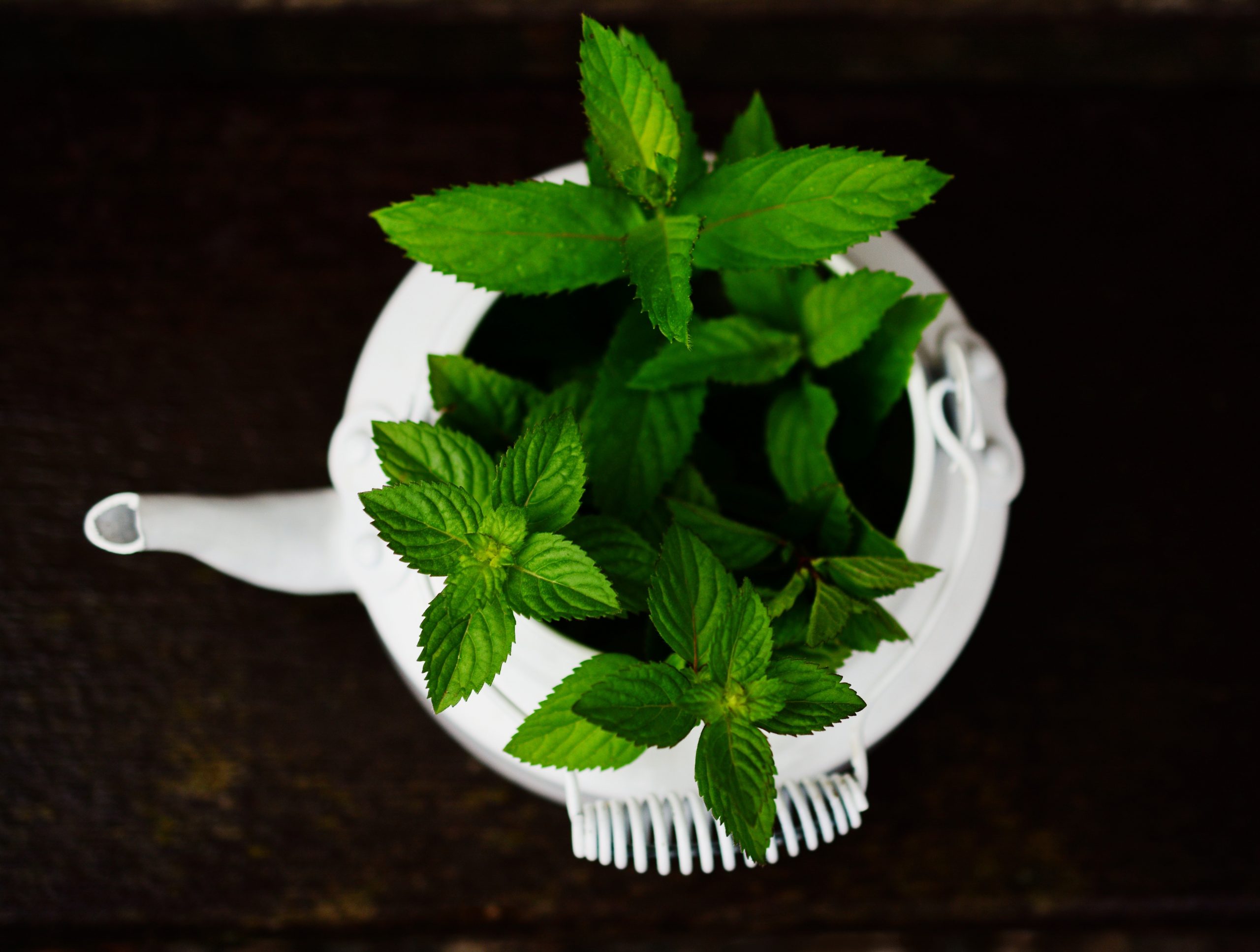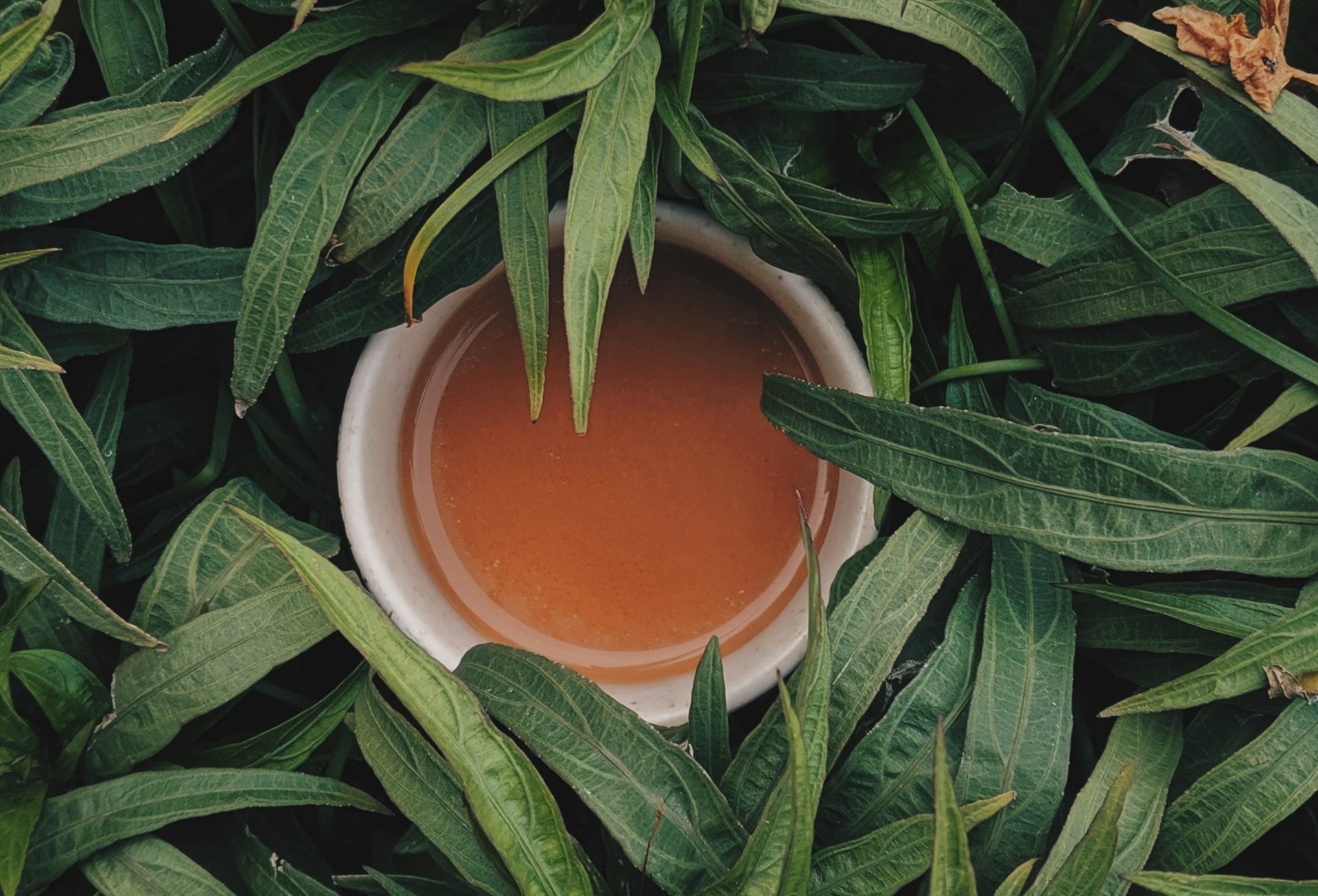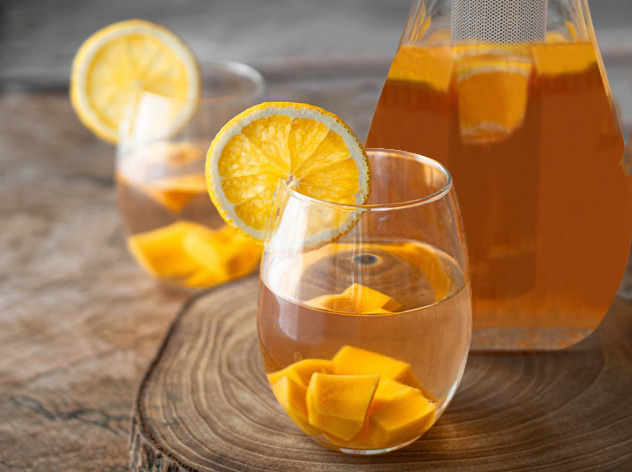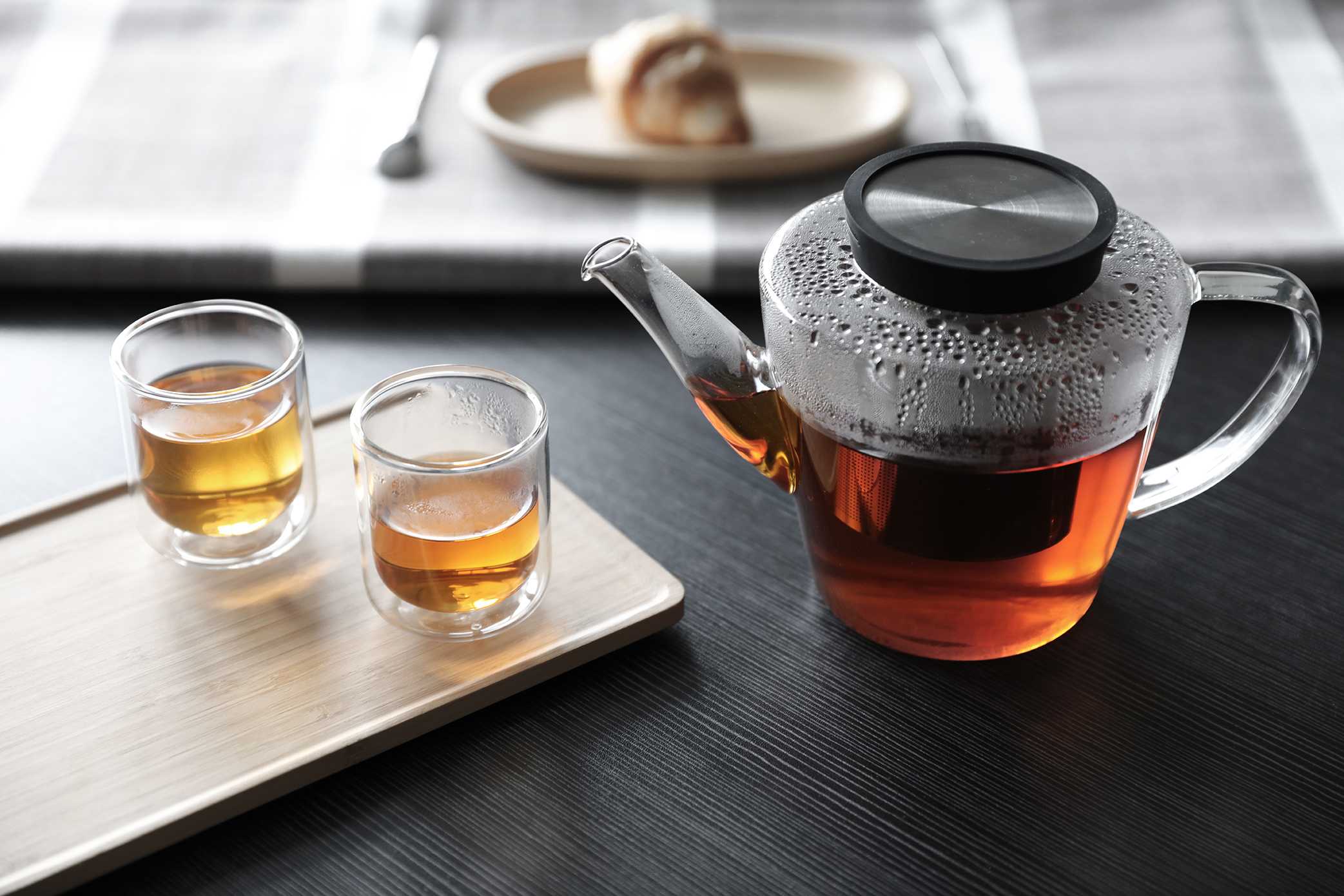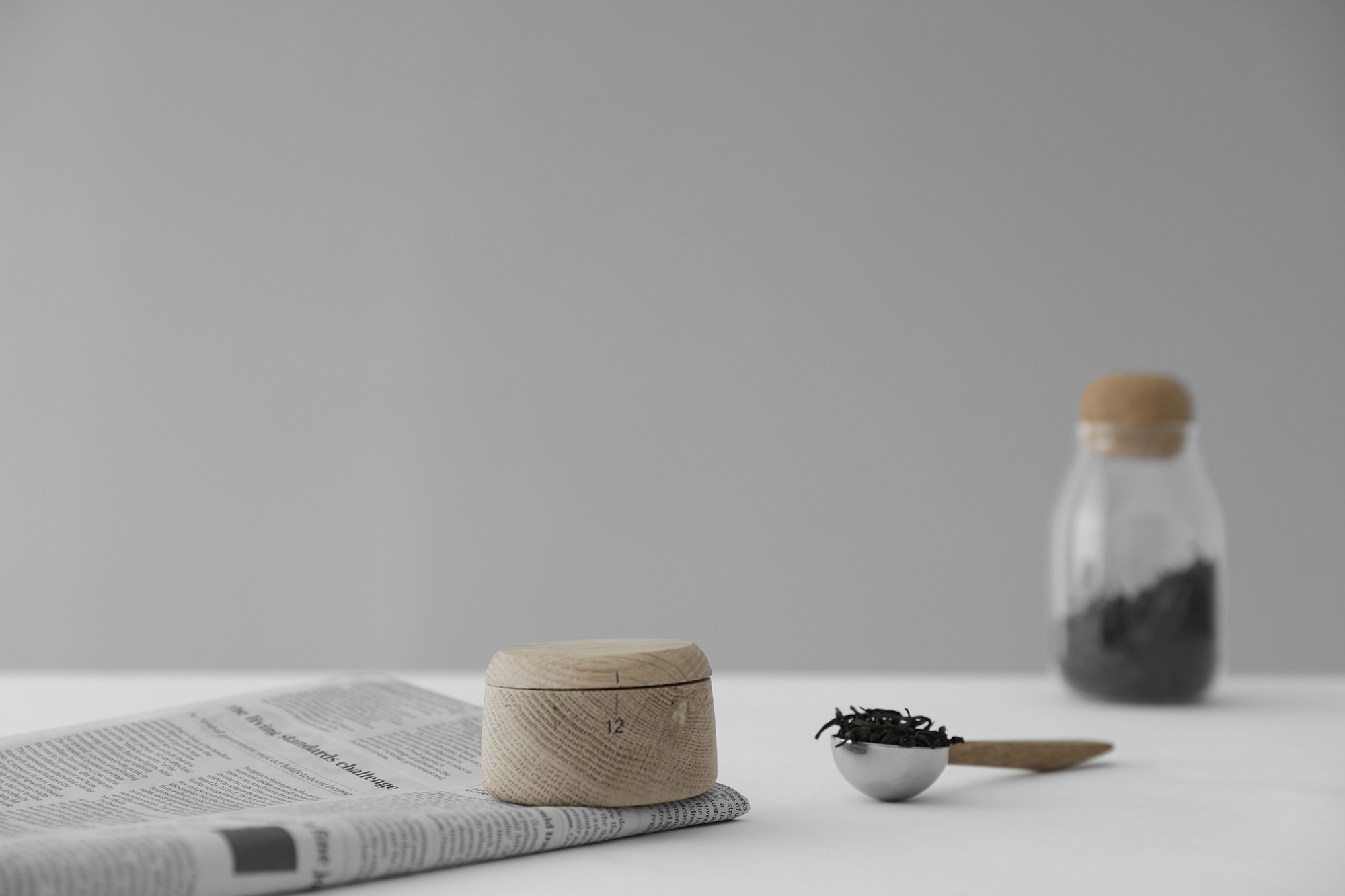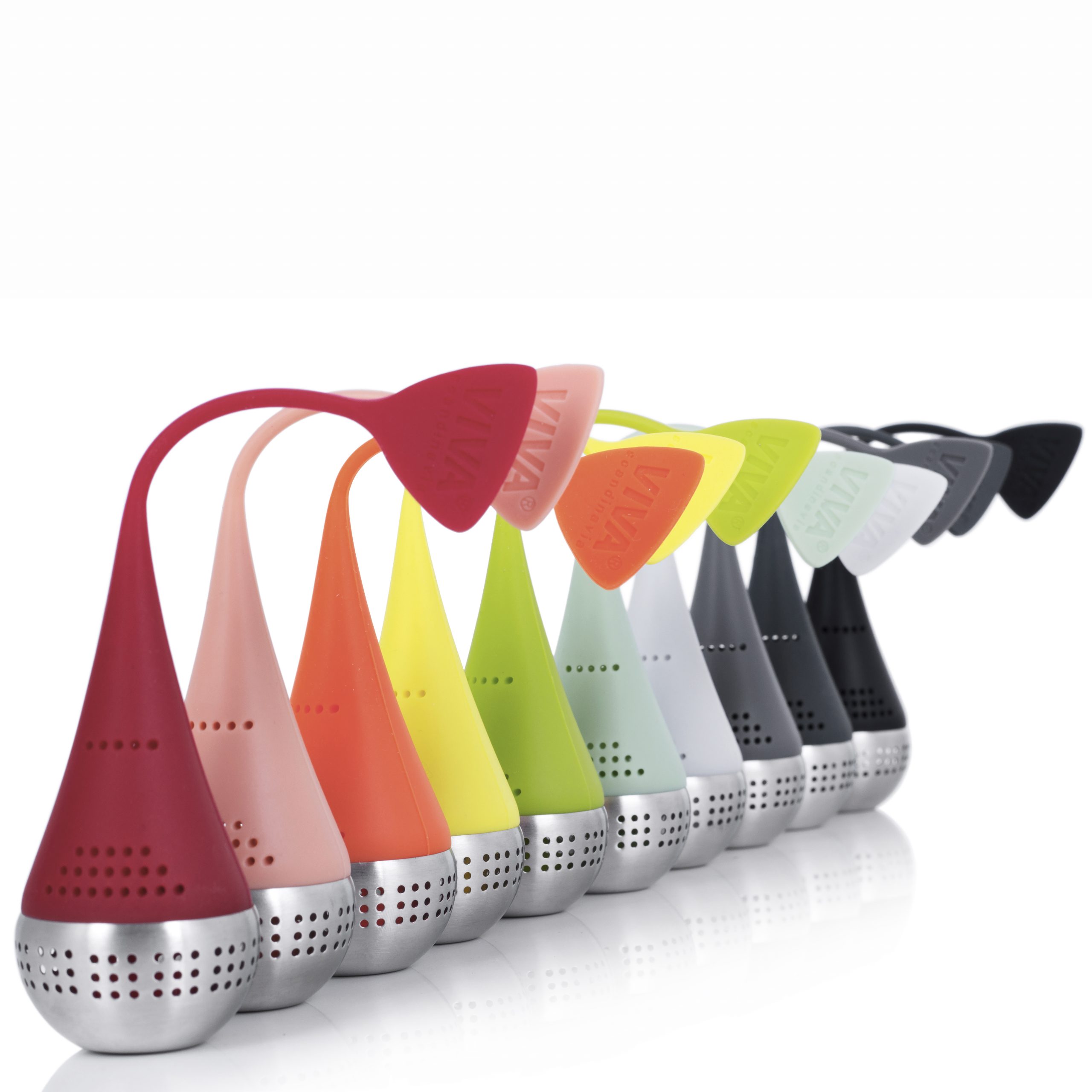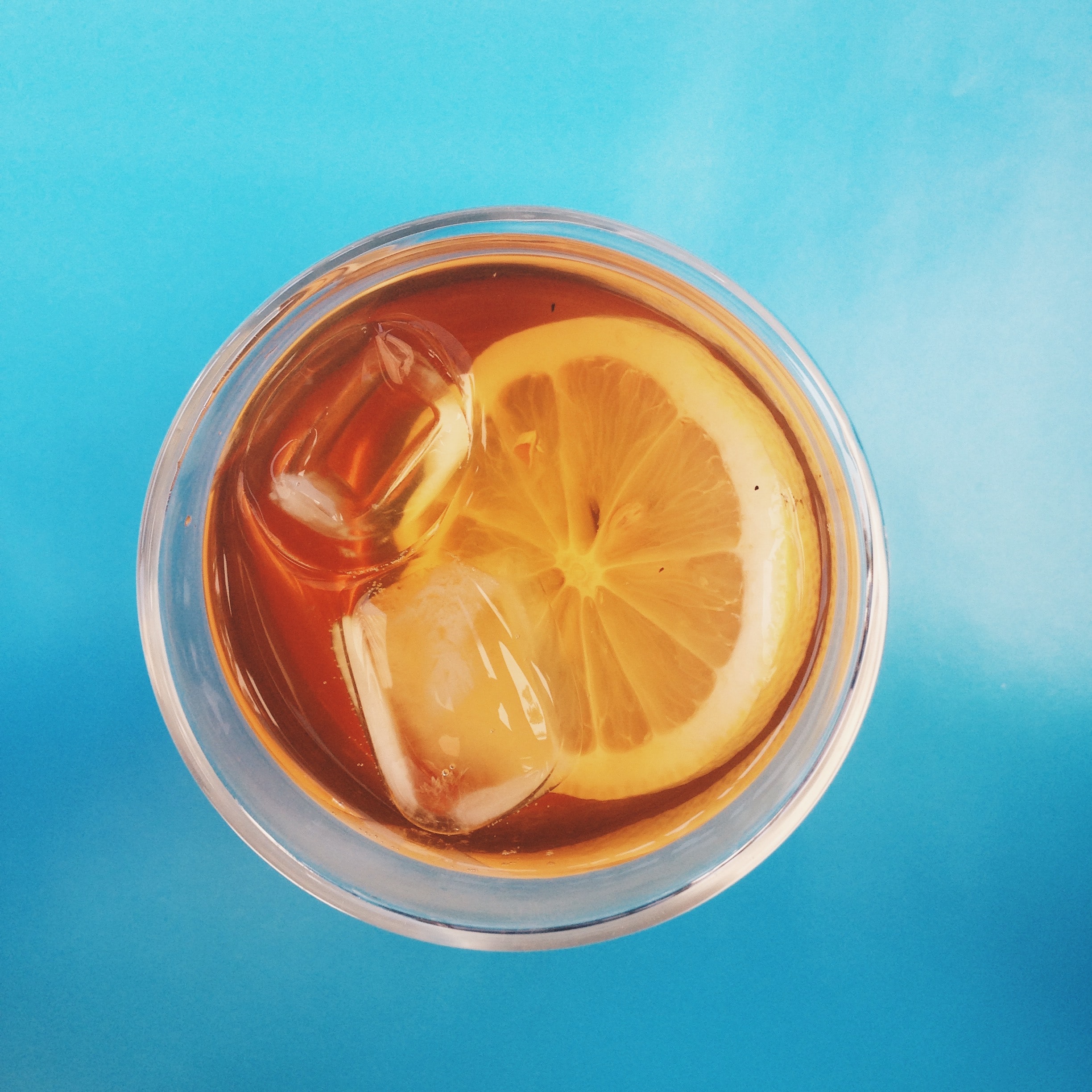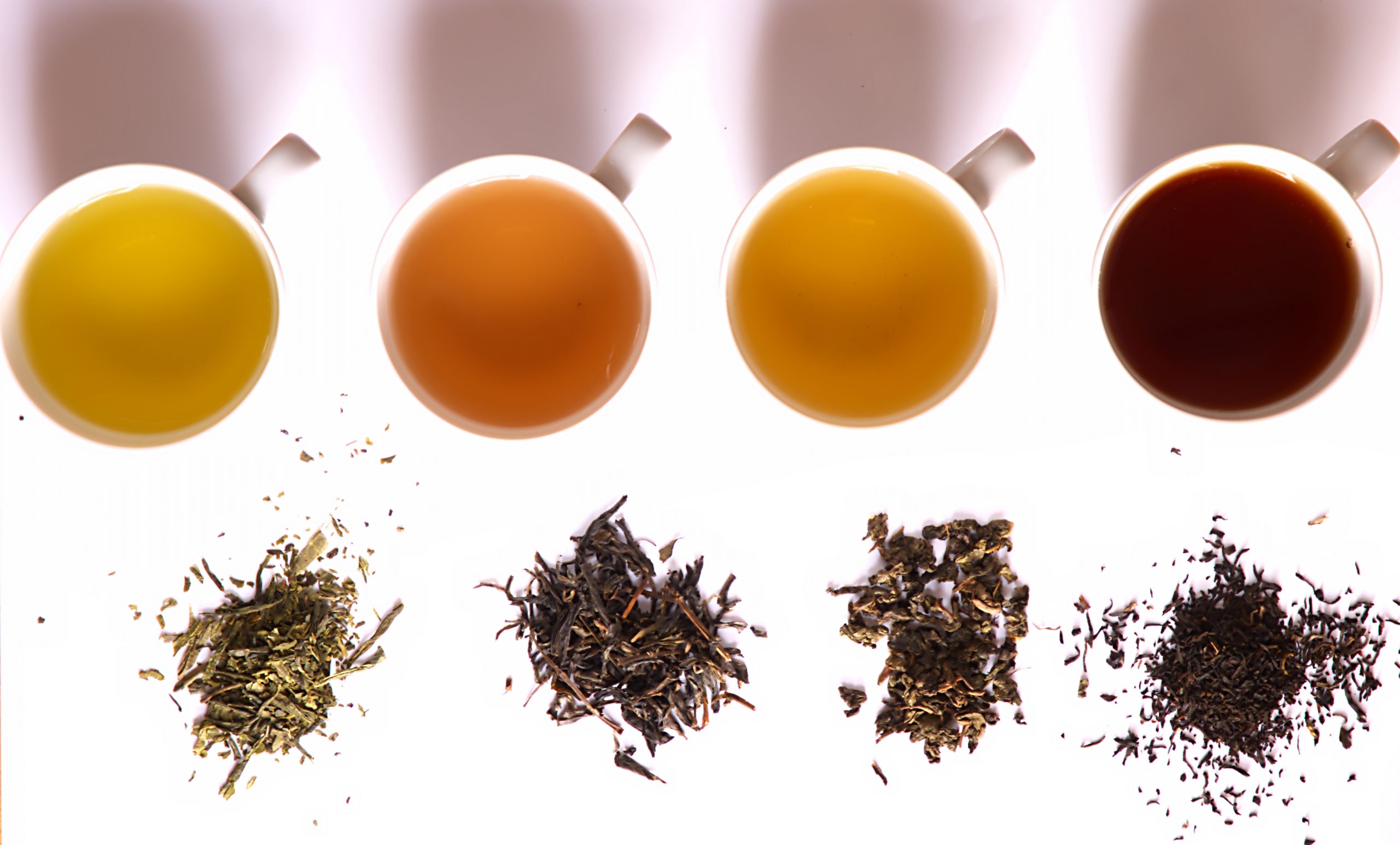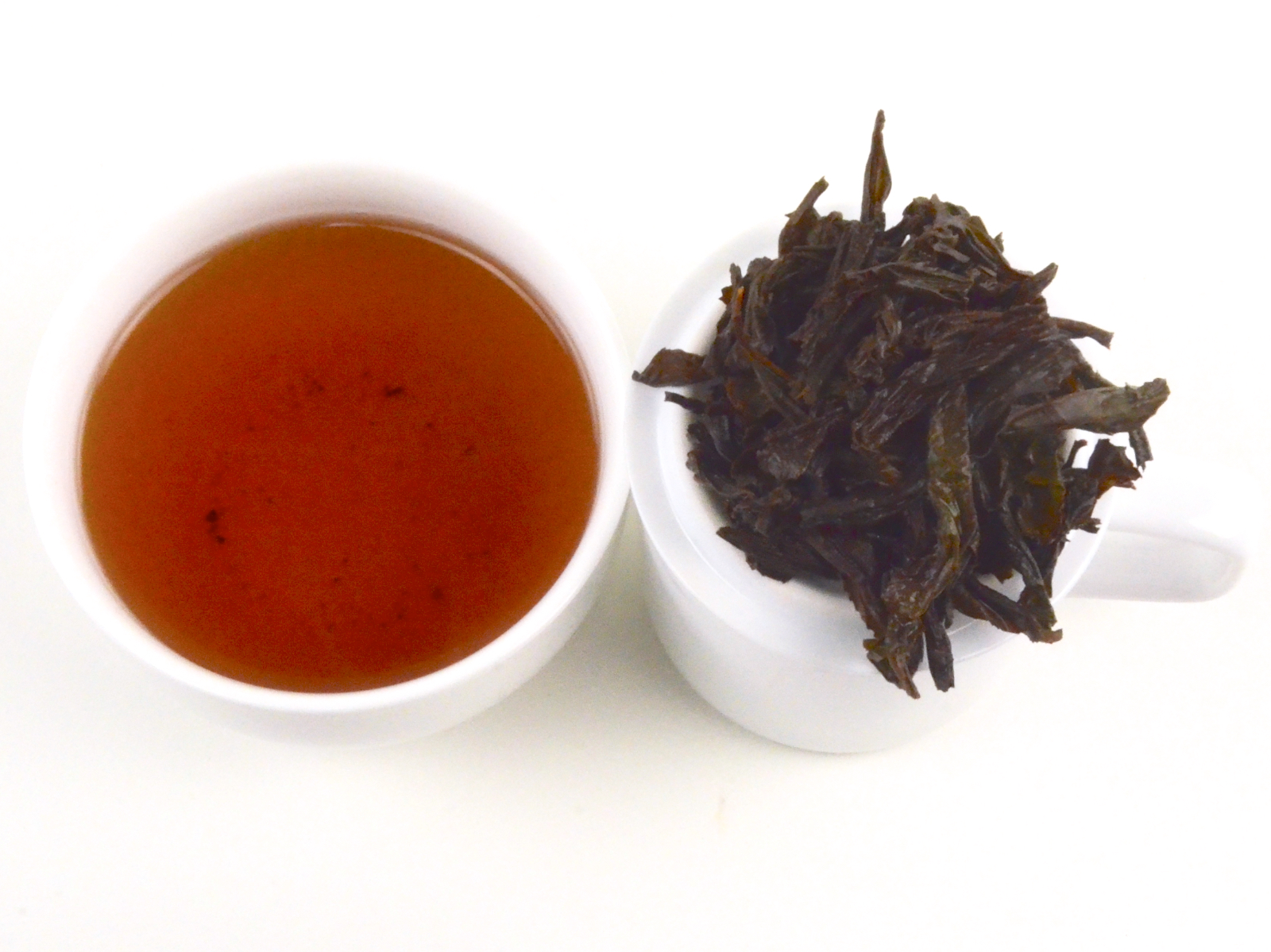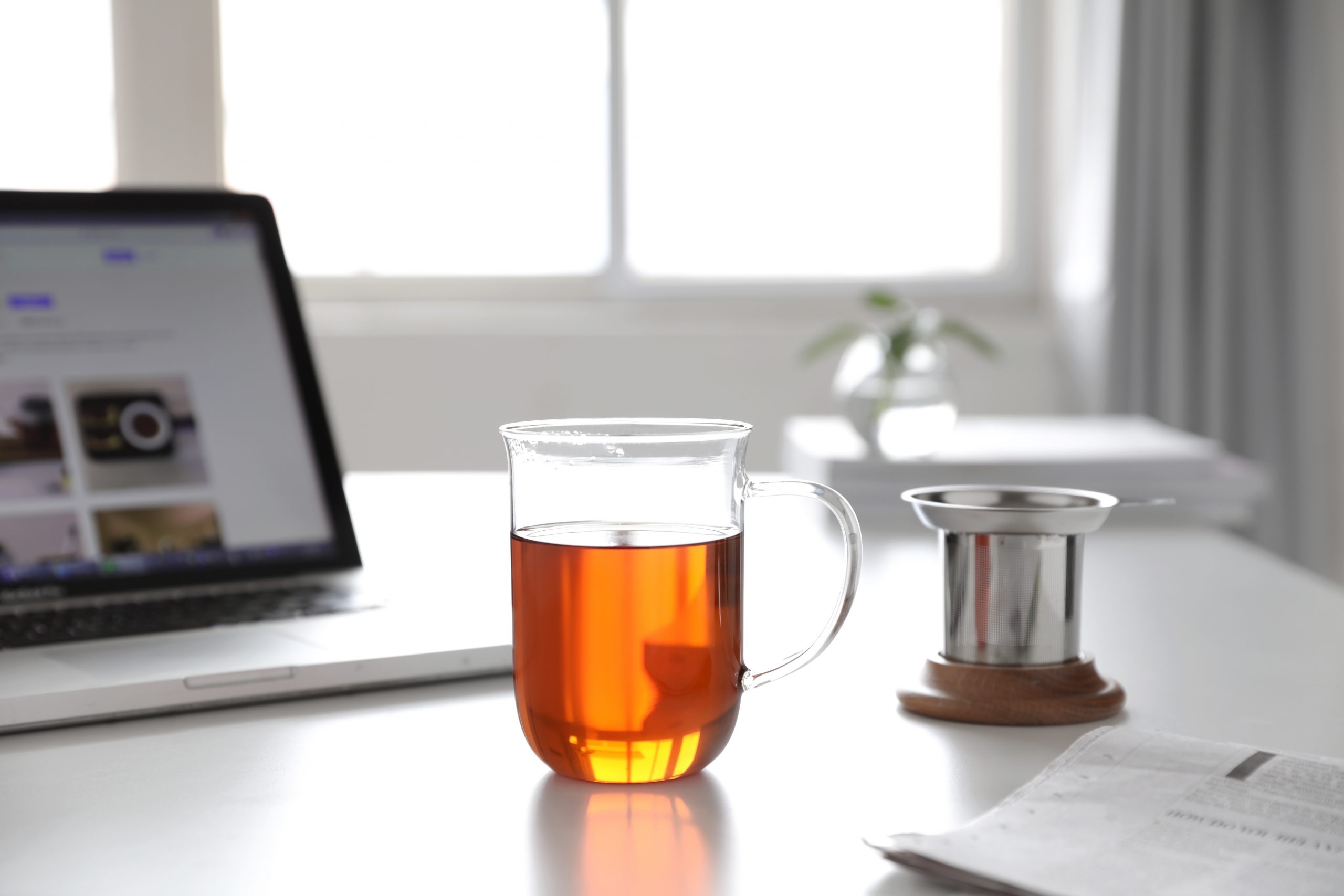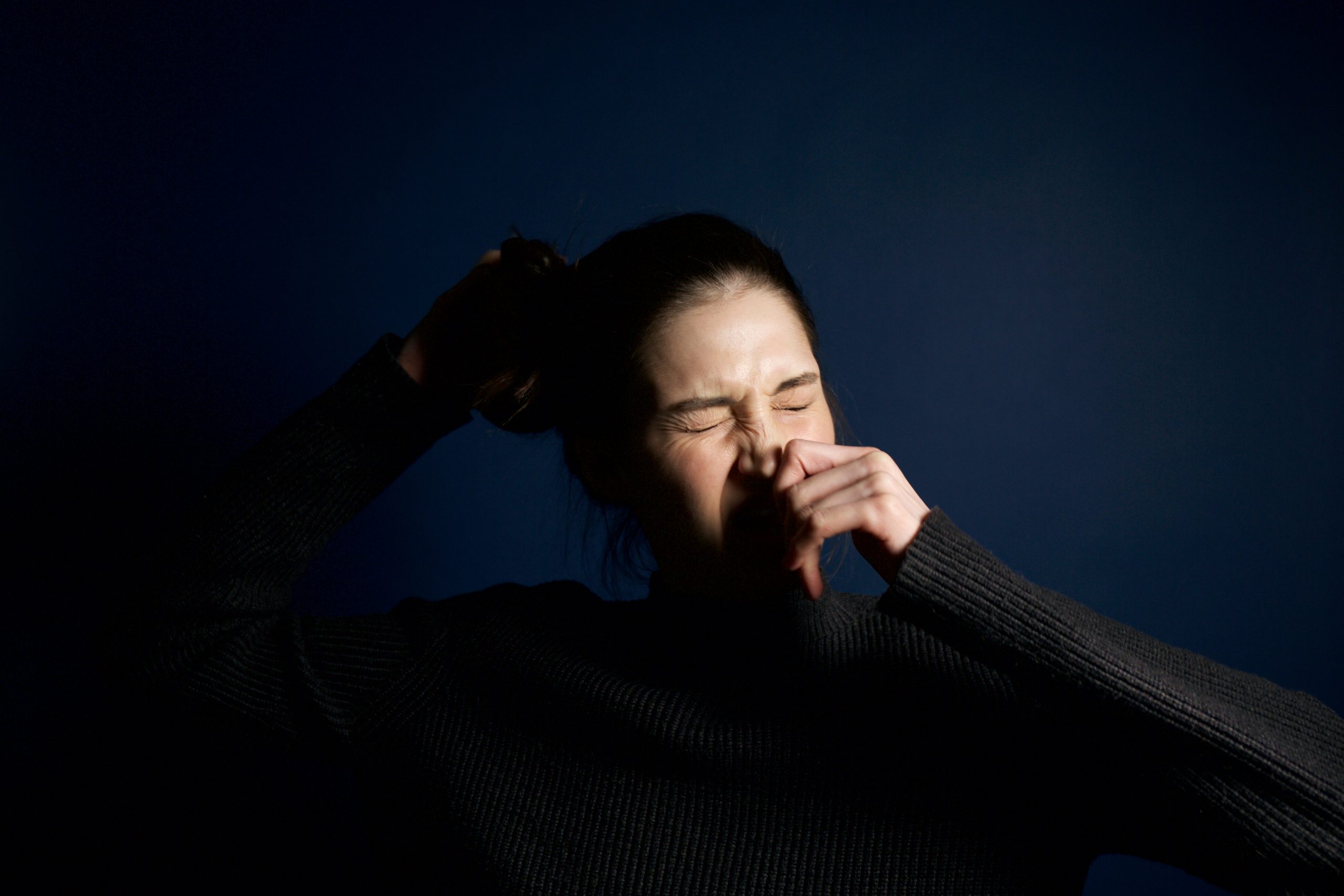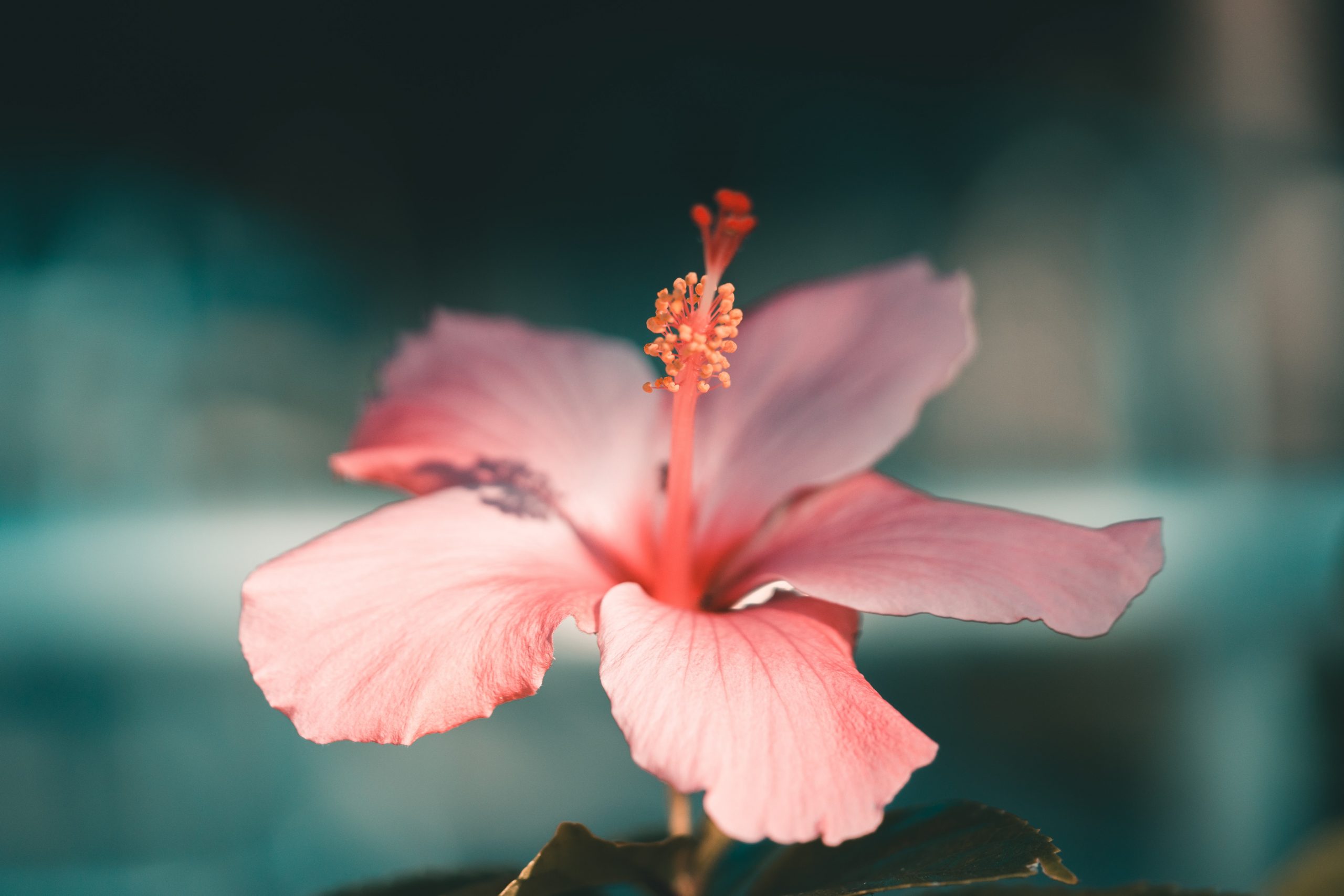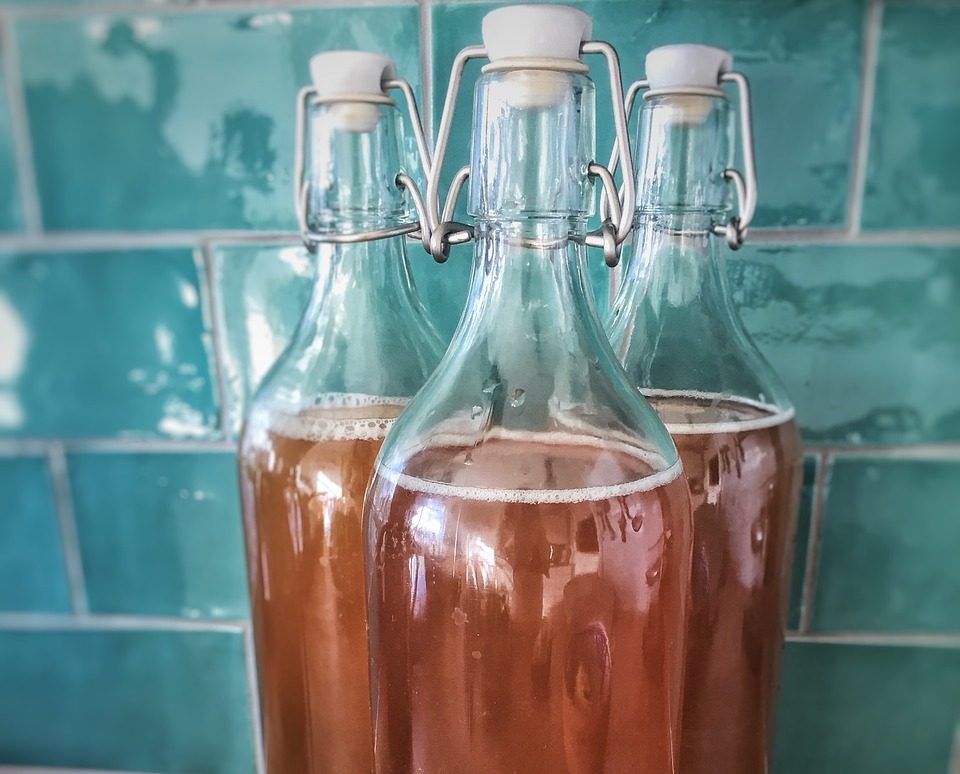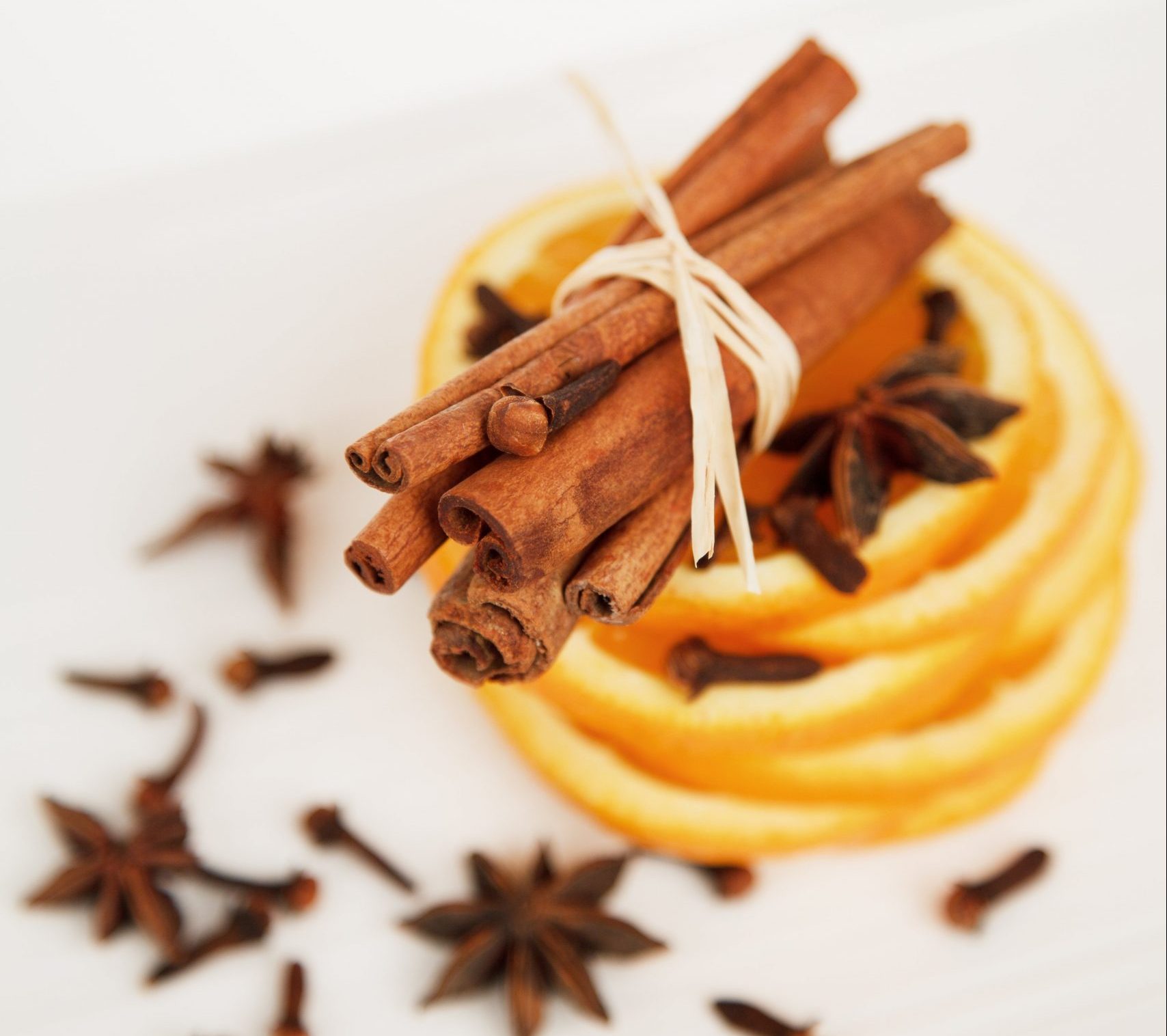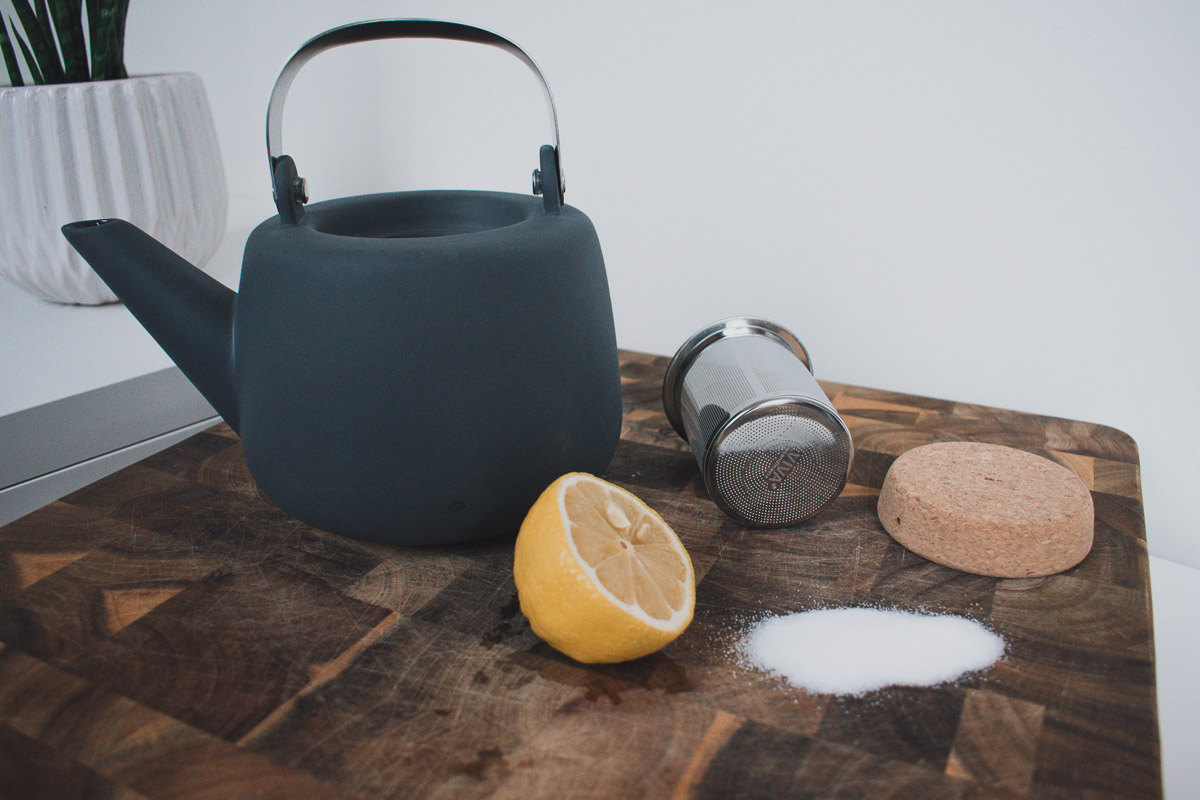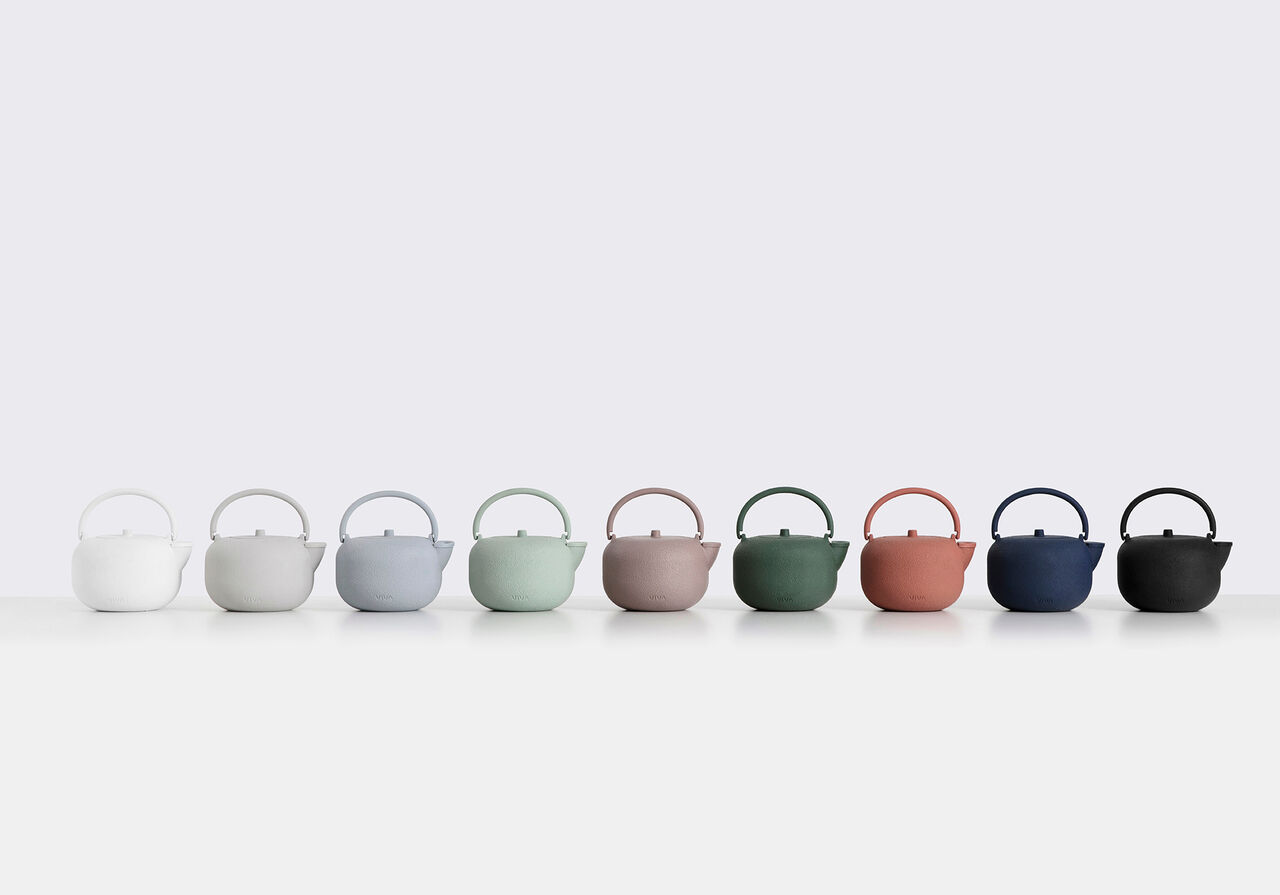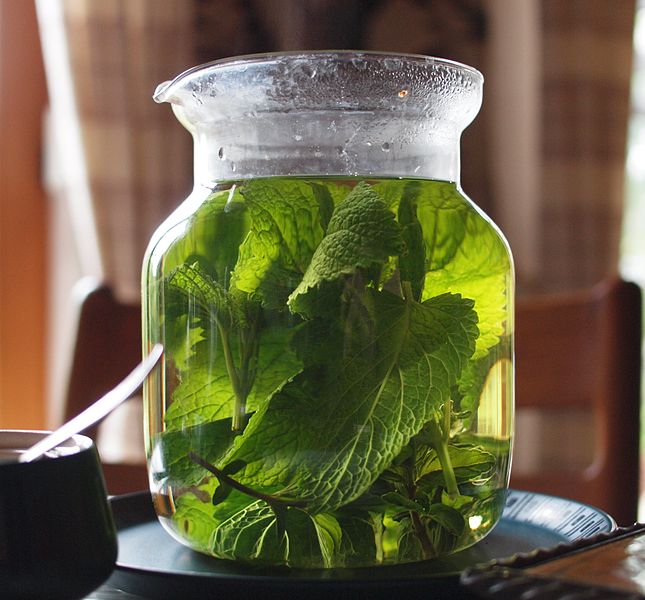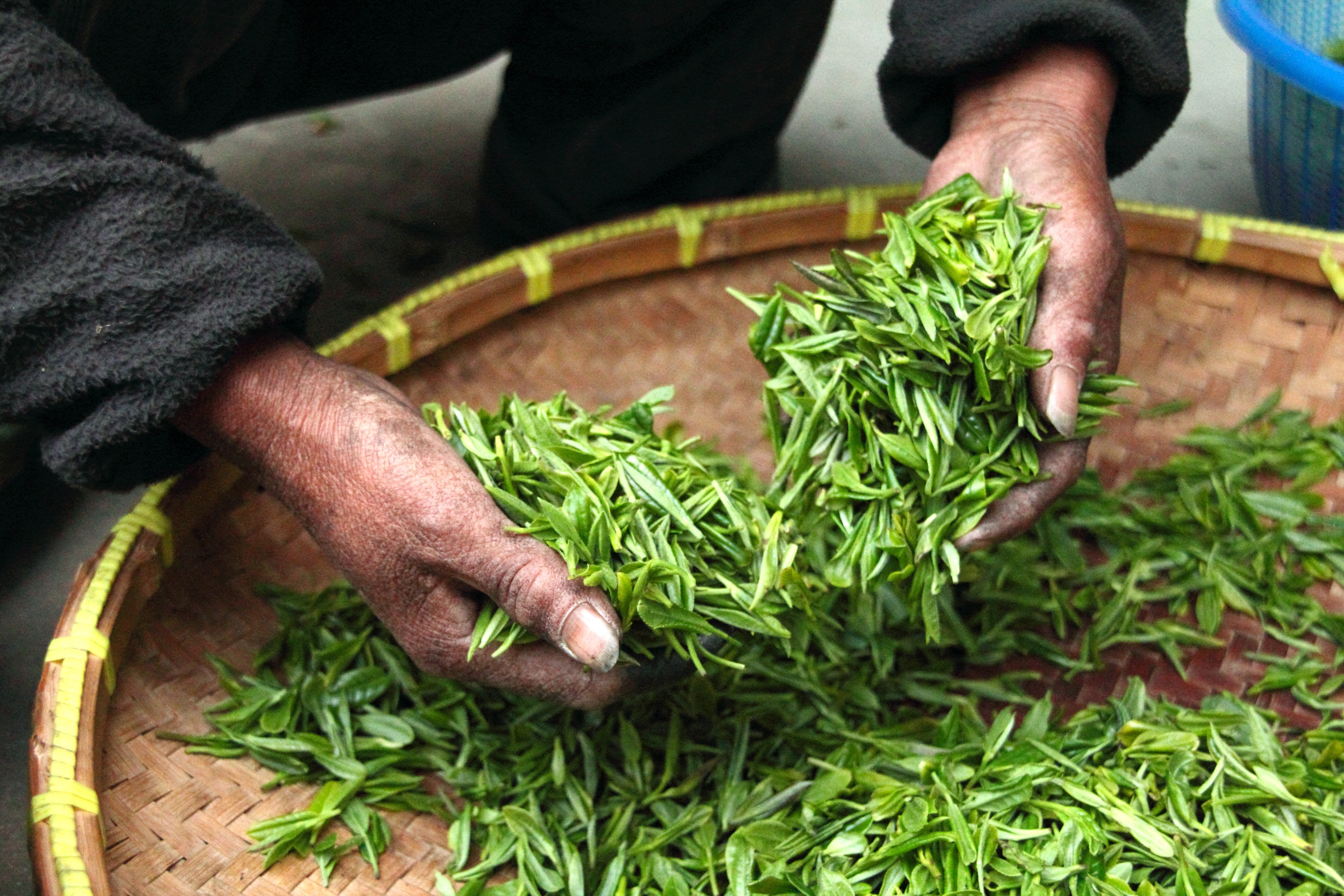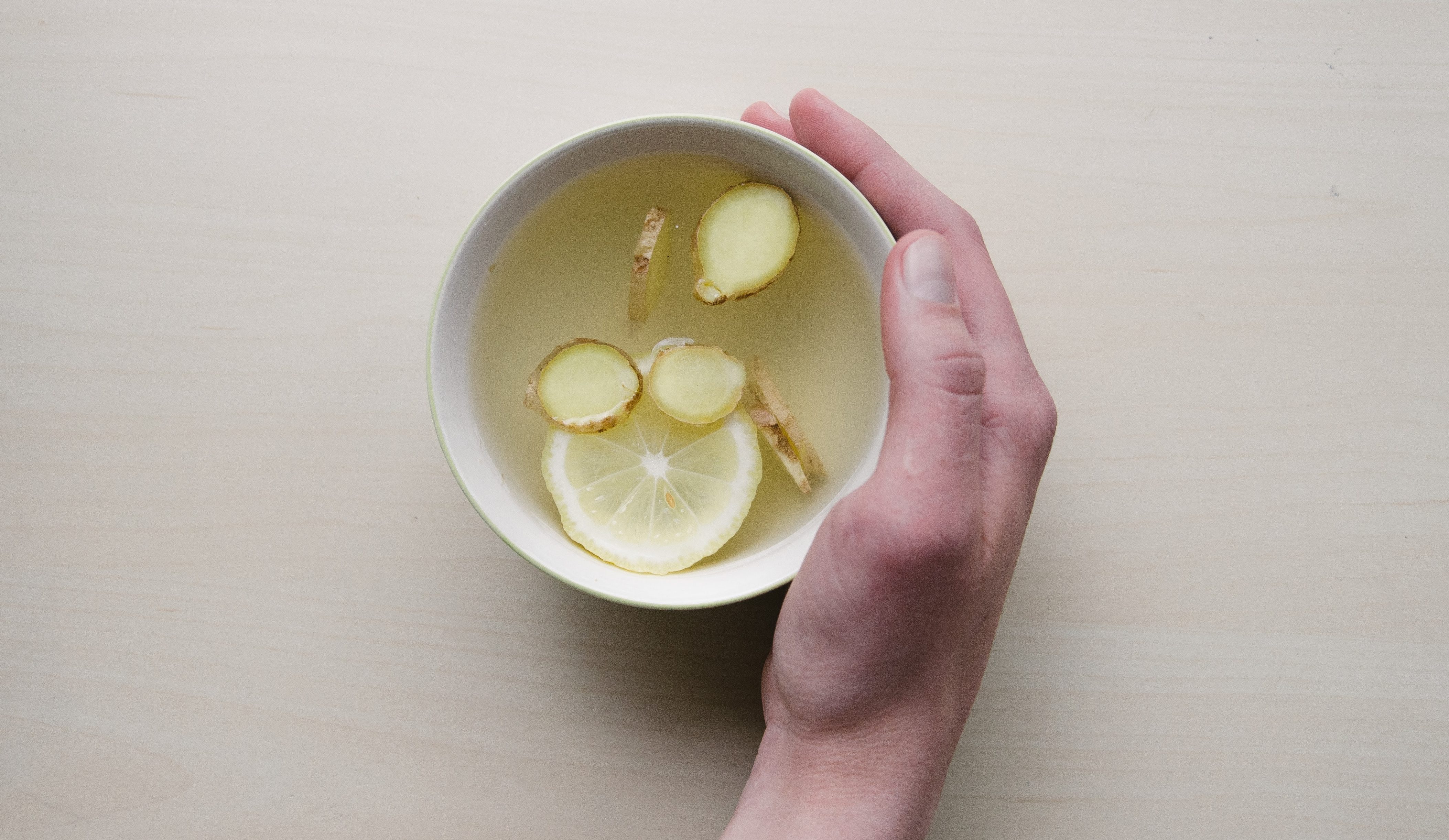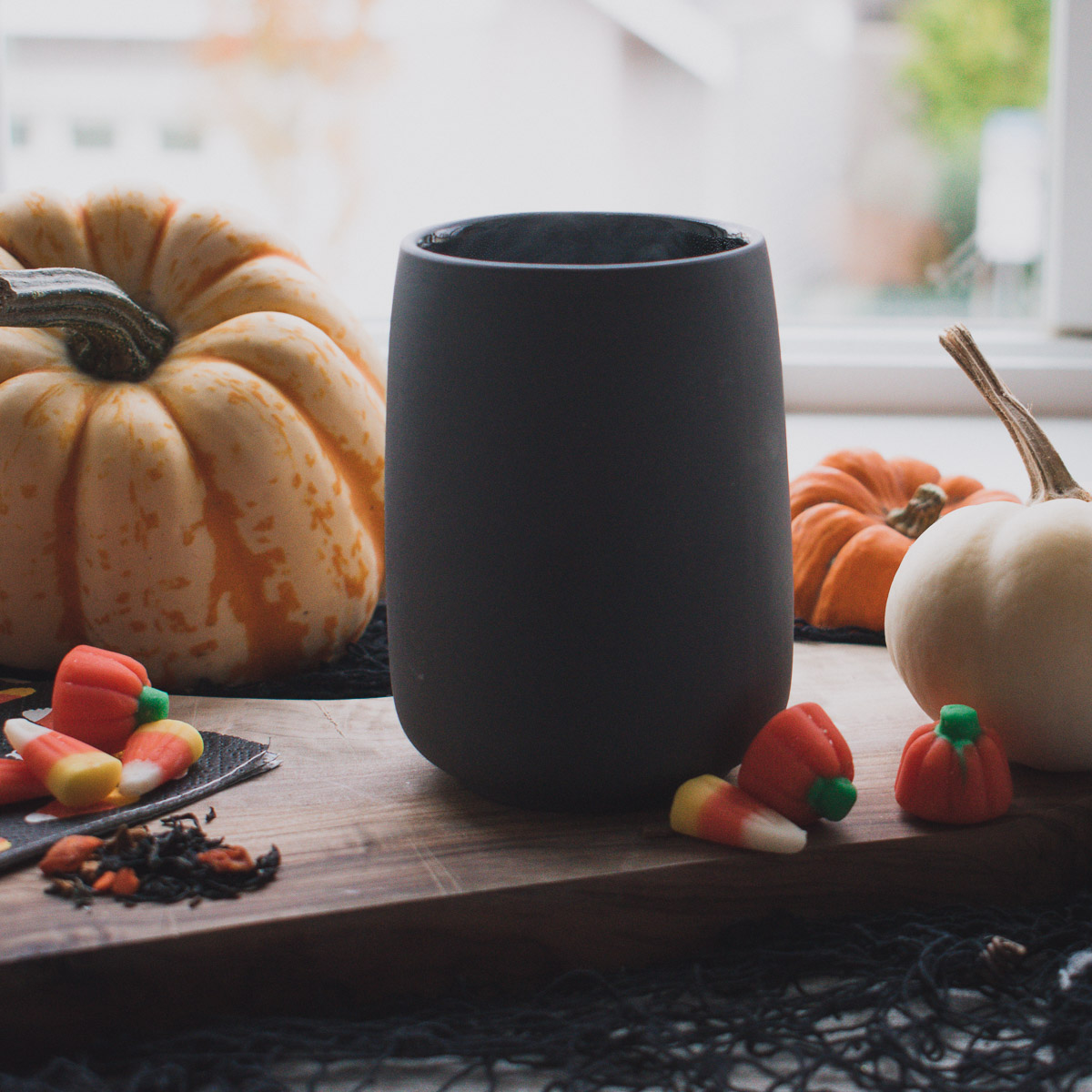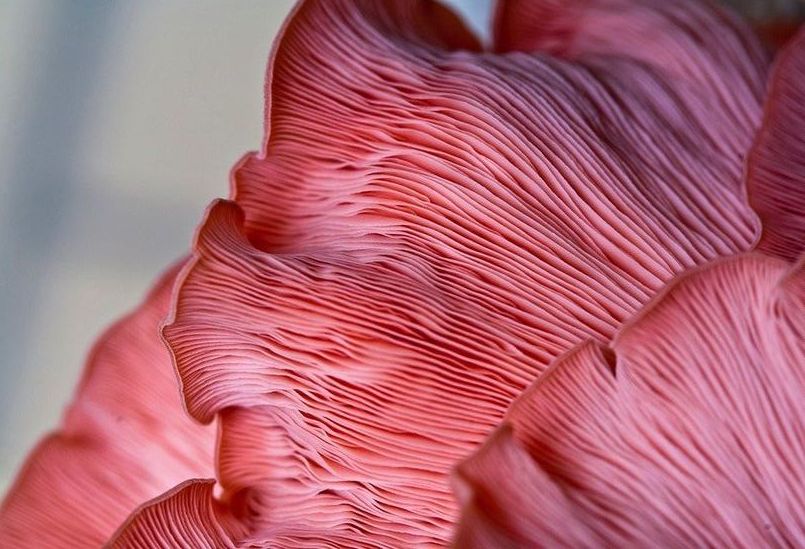For many centuries, cultures around the world have found various uses for tea from cooking to skin care to treating ailments.
Many of us know, for instance, that tea can be an aid in relaxation. But we might not know why that is.
Now, the science behind tea is able to explain why our favourite hot beverage has so many benefits.
WHAT ARE FLAVONOIDS?
Flavonoids are the naturally occurring active ingredient in certain teas. They target the brain’s receptors and neurotransmitters promoting relaxation and easing anxiety.
When selecting a tea as a tonic to stress, you’ll want a brew that is low in caffeine as well as high in flavonoids to achieve full relaxation.
CHAMOMILE
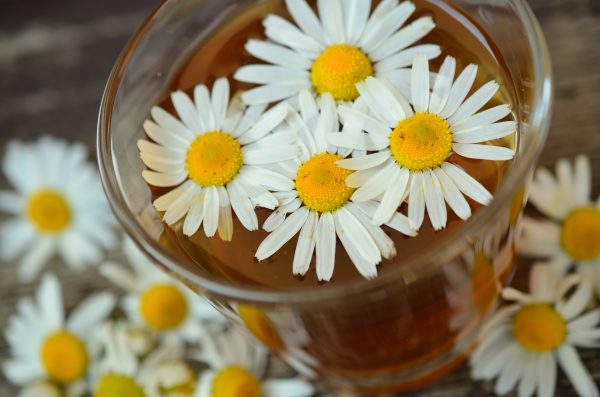
Chamomile is the most popular and frequently recommended tea for relaxation. It’s found in many “bedtime” pre-packaged tea blends. The reason is that chamomile is high in flavonoids and contains no caffeine.
By definition, chamomile is not a tea. Rather it’s a tisane, an herb that comes from a flower belonging to the Asteraceae plant family. The flavonoids are found in those flowers. In particular, chamomile is packed with the flavonoid apigenin, which is an antioxidant.
To make a pure chamomile tea, the heads of the flowers are infused with hot water, producing a golden light brew that is fruity and floral in taste.
But not everyone can drink chamomile. For some people, such as myself, chamomile can activate symptoms similar to seasonal allergies . It sometimes aggravates my sinuses, and so I typically turn to alternatives.
Pregnant women should also consult with their physician before consuming chamomile.
PEPPERMINT
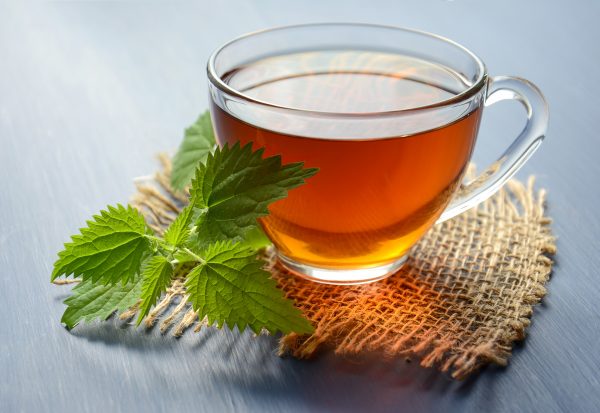
Mint is probably my favourite tea for relaxing and also to clear the mind when I’m working late nights.
It’s aromatic characteristics on the nose and taste buds offer a sharp contrast to chamomile.
This tea offers a combination of mind and body relaxation effects. A study referenced by the U.S. National Library of Medicines highlights many of the medicinal properties in peppermint. In addition to the chemical effect the flavonoids have on the brain receptors to help ease anxiety, the menthol contained in peppermint has been found to be a natural muscle relaxant.
As with chamomile, pregnant women should check with their doctor before consuming mint teas as they may have adverse effects on the pregnancy.
LEMON BALM
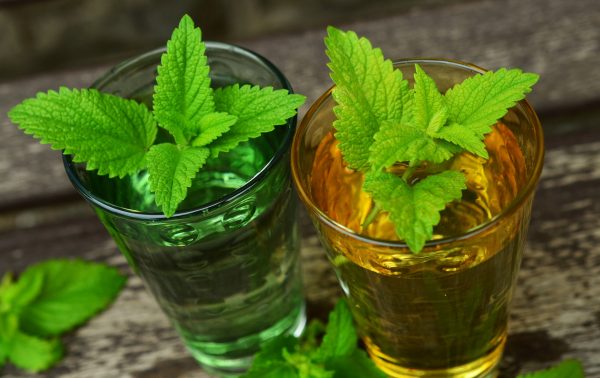
Lemon balm tea is an herbal brew made from the leaves of a lemon balm plant known as the Melissa Officinalis – a member of the mint family. It’s native to Europe, the Middle East and Asia, where it has been a culinary fixture for centuries due to its health benefits. Today, you can find the dark green, leafy plants growing in gardens across North America.
The leaves of the plant are often used in naturopathic medicines to ease symptoms of anxiety. The flavonoids in lemon balm target the stress hormone known as cortisol, relaxing the mind and muscles, which improves sleep quality.
GREEN TEA
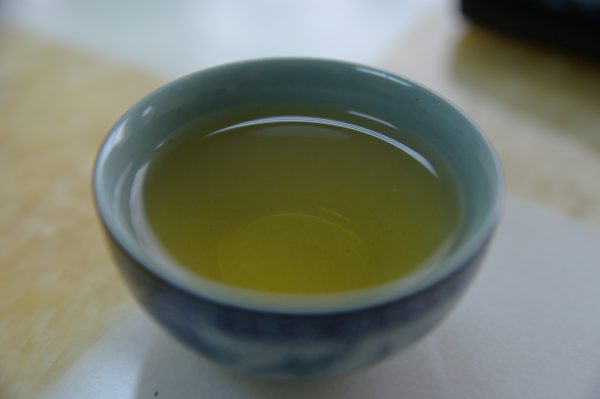
Sometimes you want a calming effect but without feeling drowsy.
Green tea is your solution.
There is enough polyphenol in green tea to help reduce street and anxiety. But since it contains caffeine, it will help perk you up.
It’s worth noting that green tea belongs to the family of plants known as adaptogens. It’s still early into study of the plant, but scientists have already been able to identify that adaptogens help your body handle stress. In a similar way that exercise builds your muscles to deal with physical stress, adaptogens “train” your adrenal glands to handle the effects of stress.
There are plenty of green teas on the market. One of our favourites is the Elmwood Labyrinth blend.
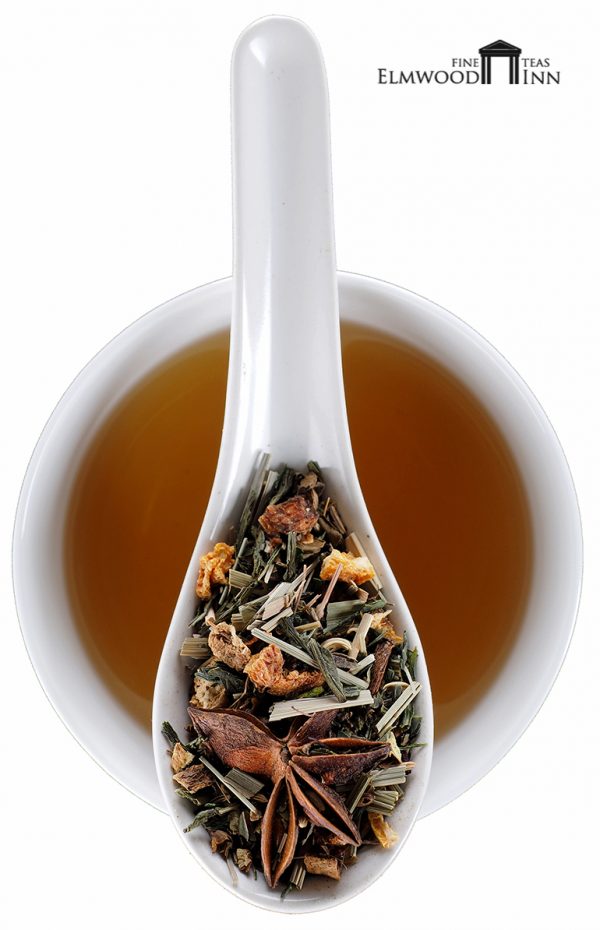
So next time you need to find your zen, brew one of these teas, sit back and enjoy the moment.







